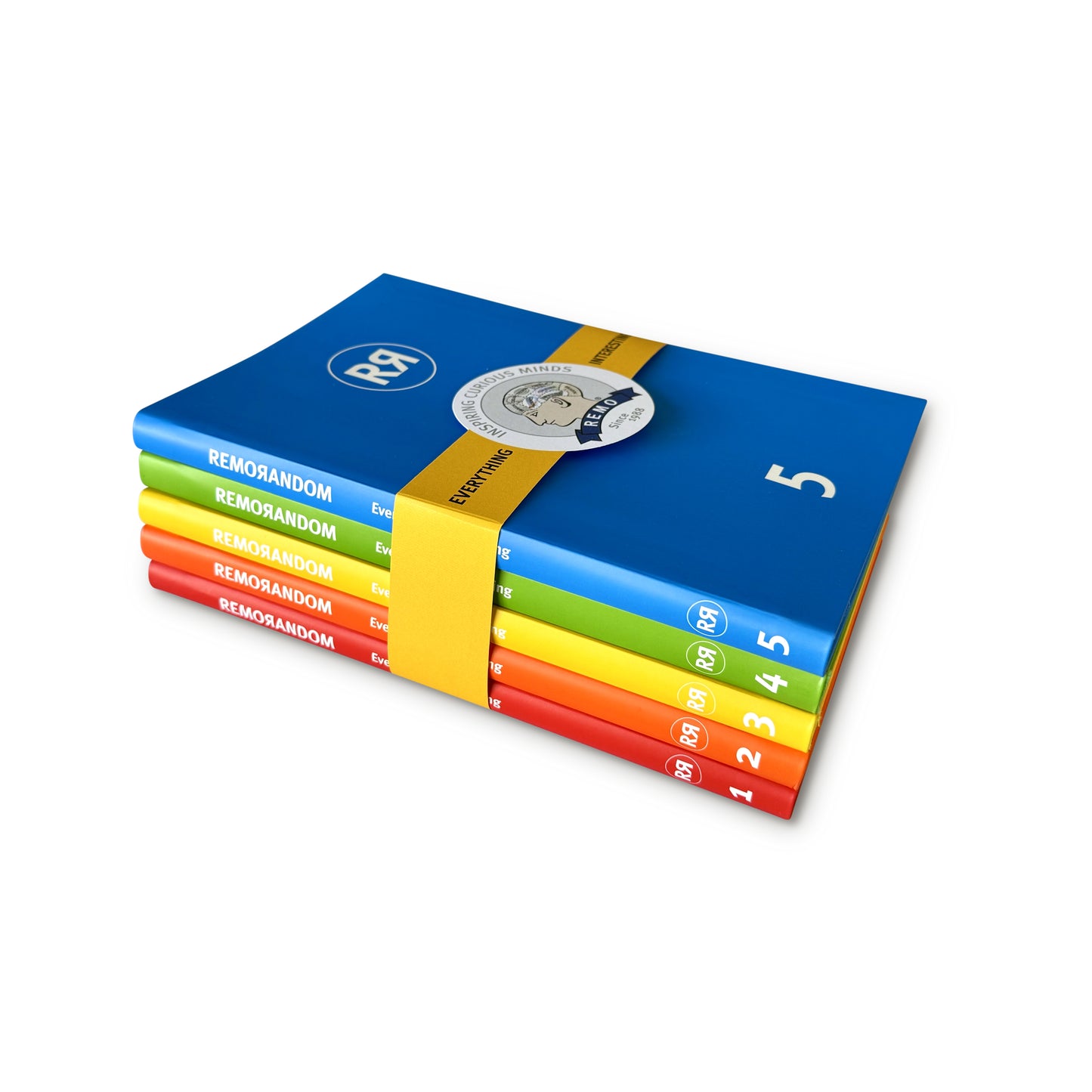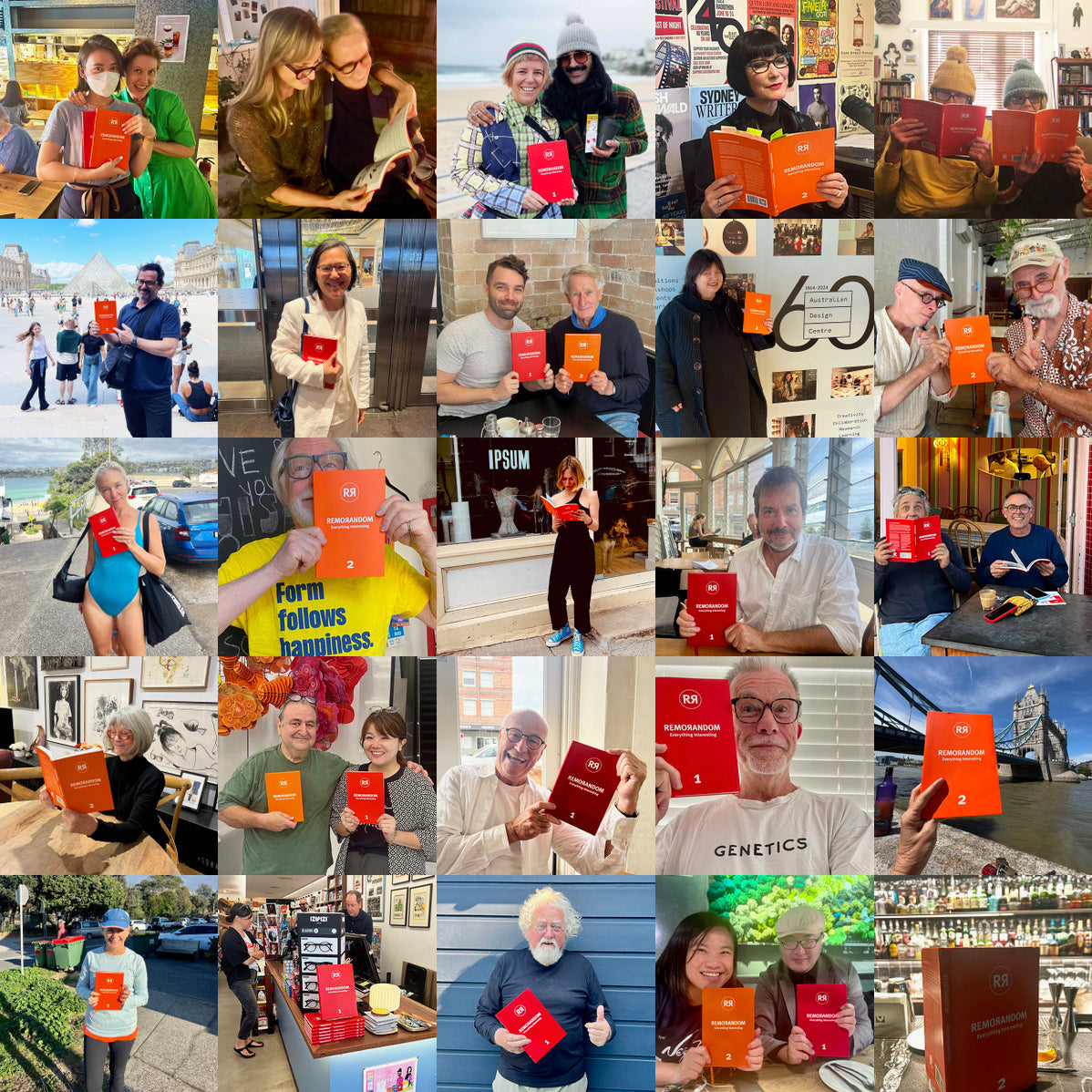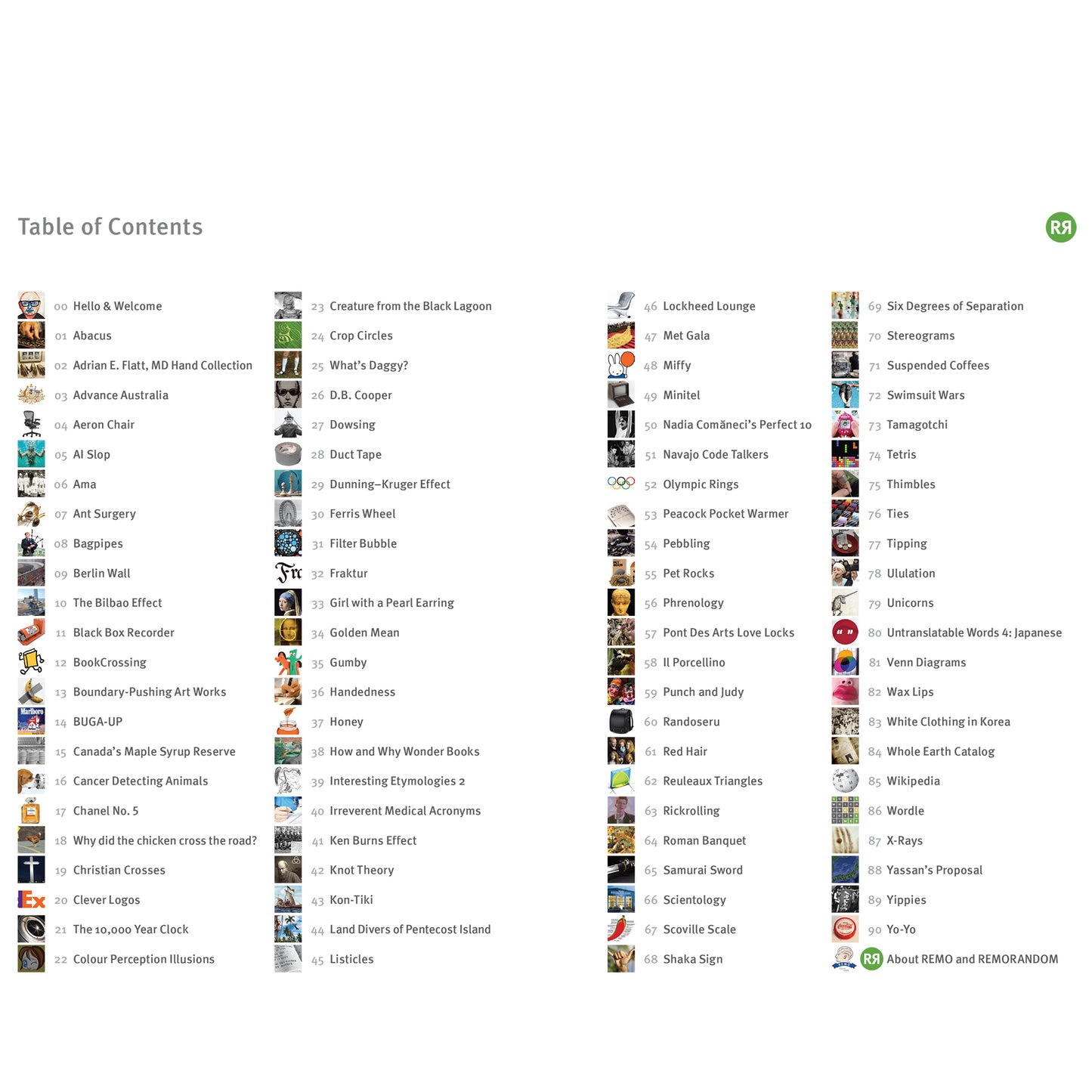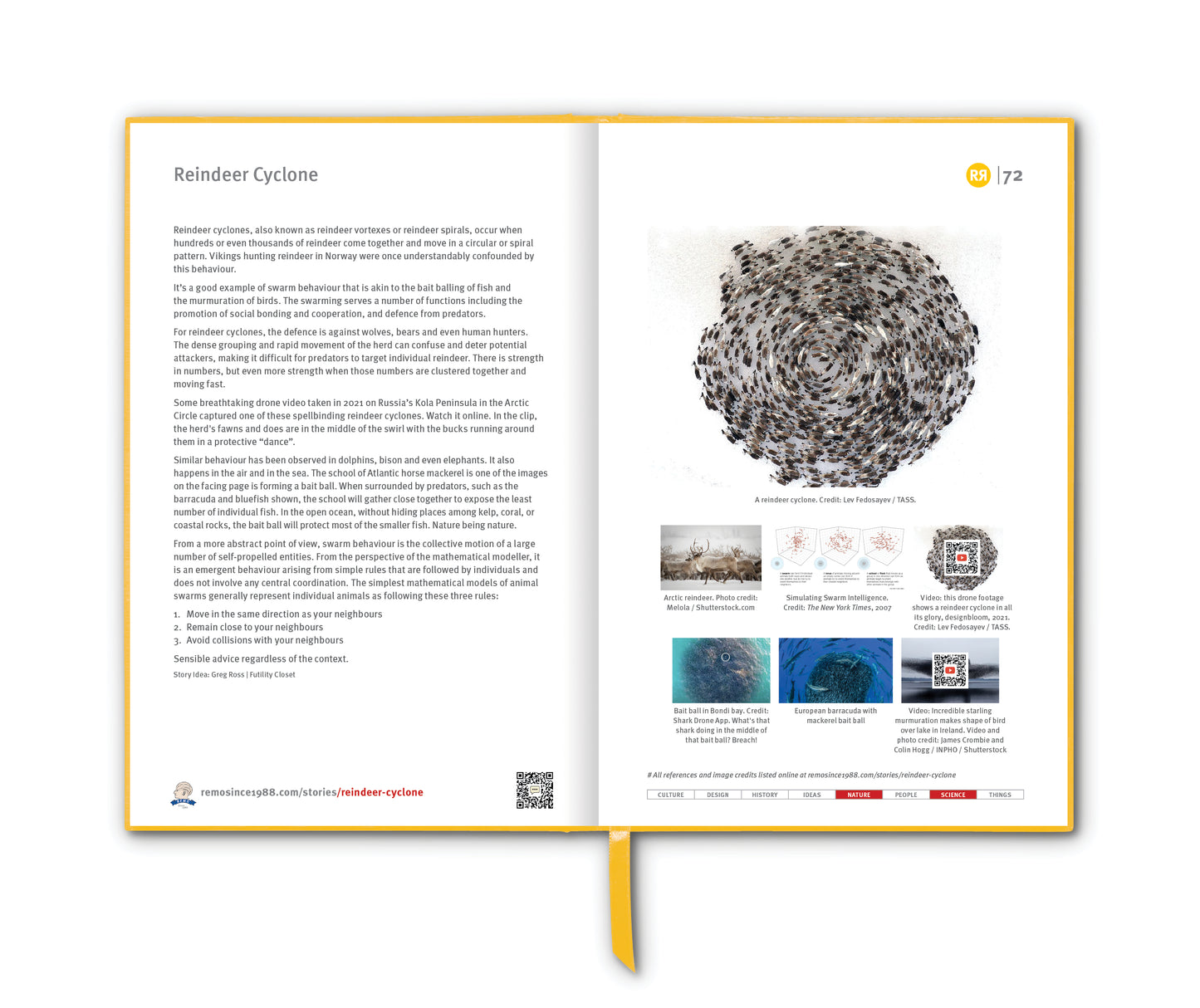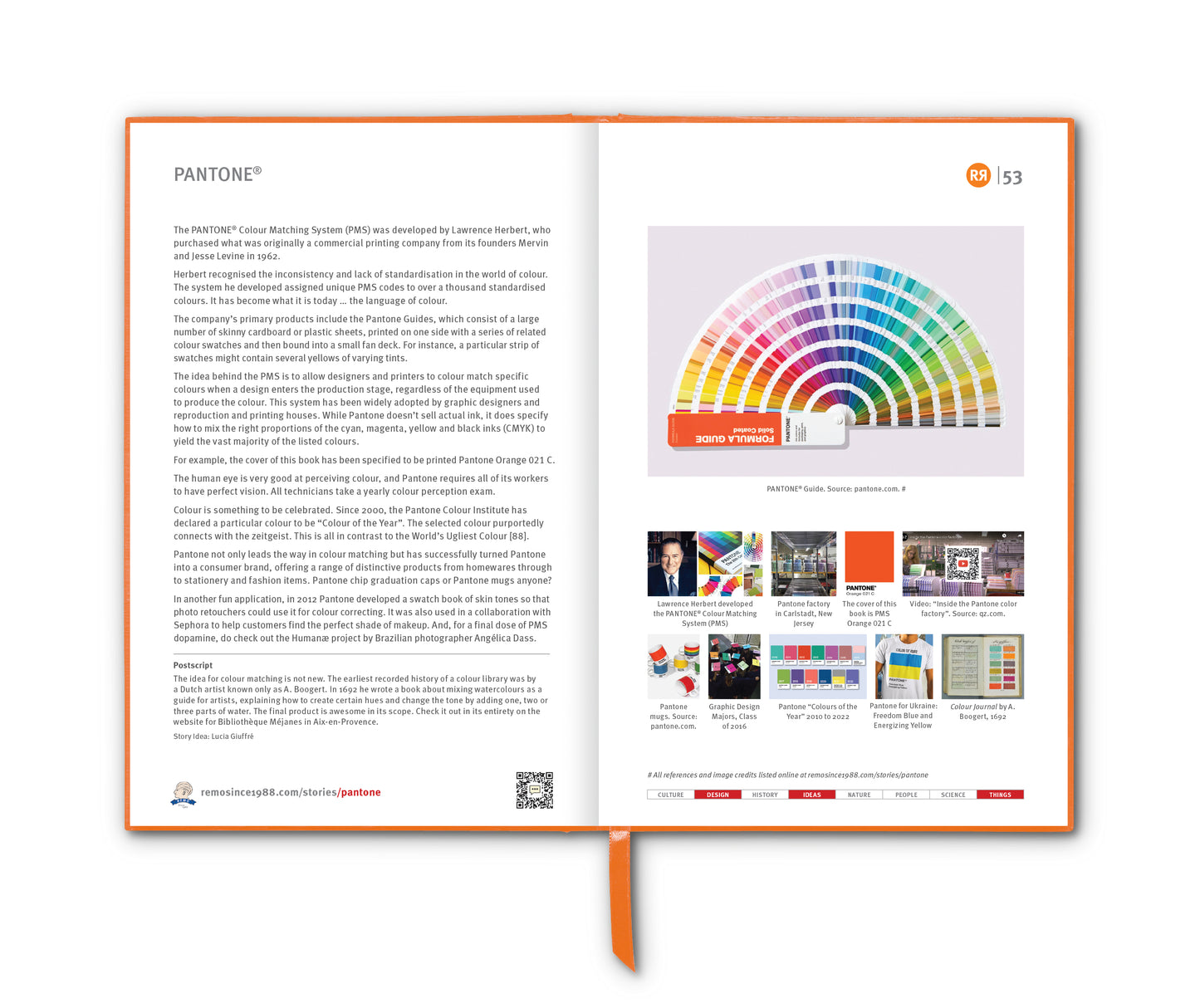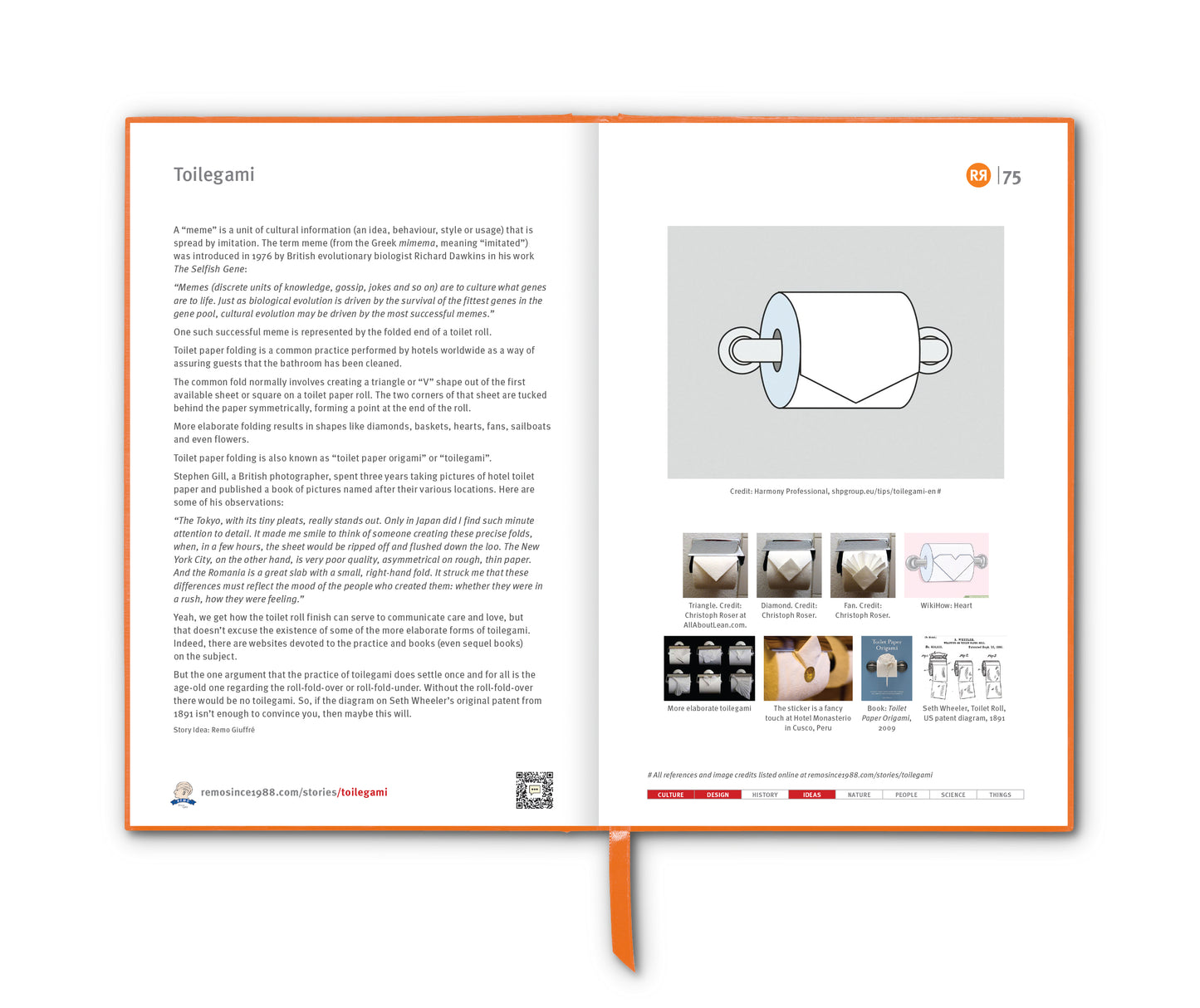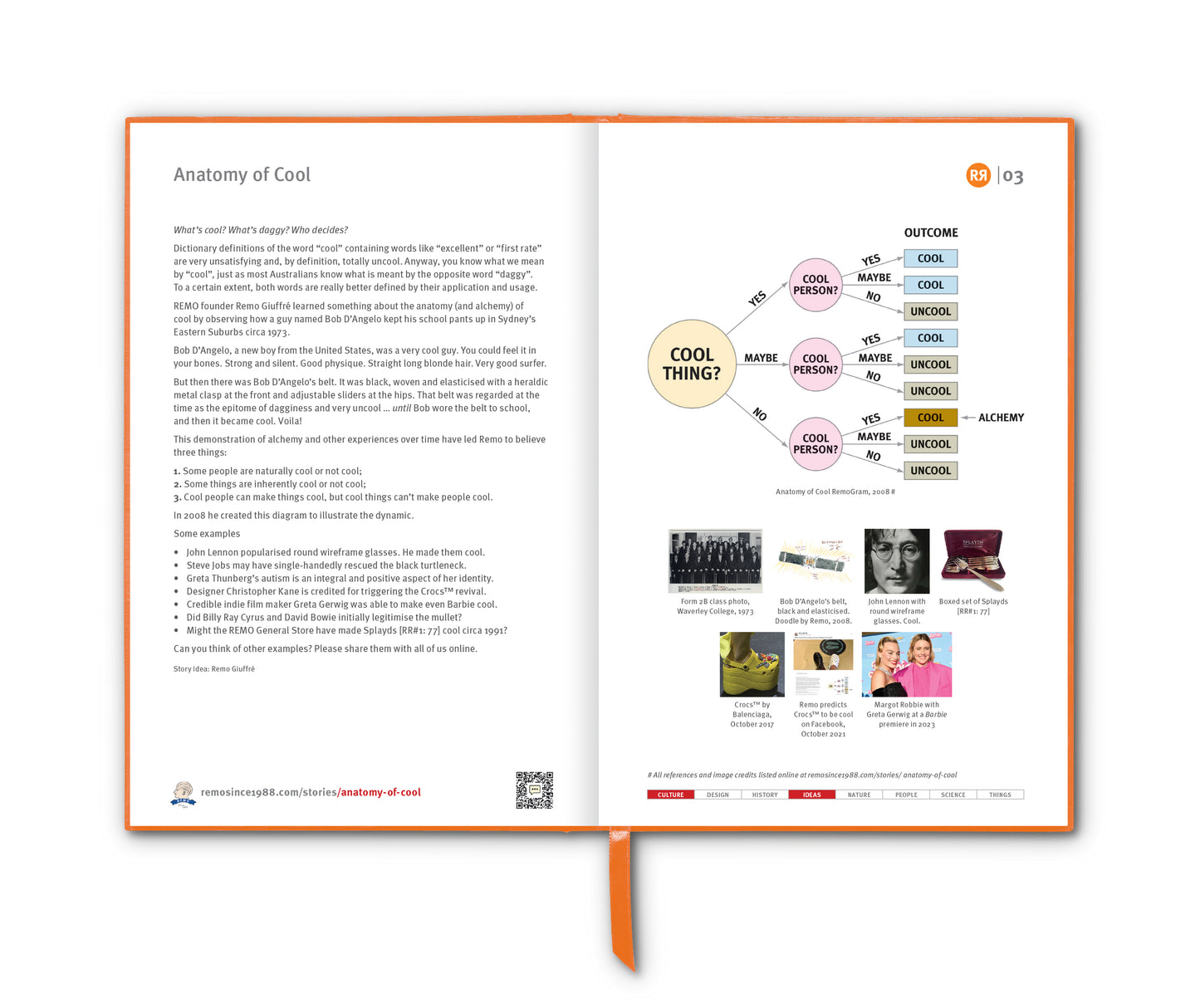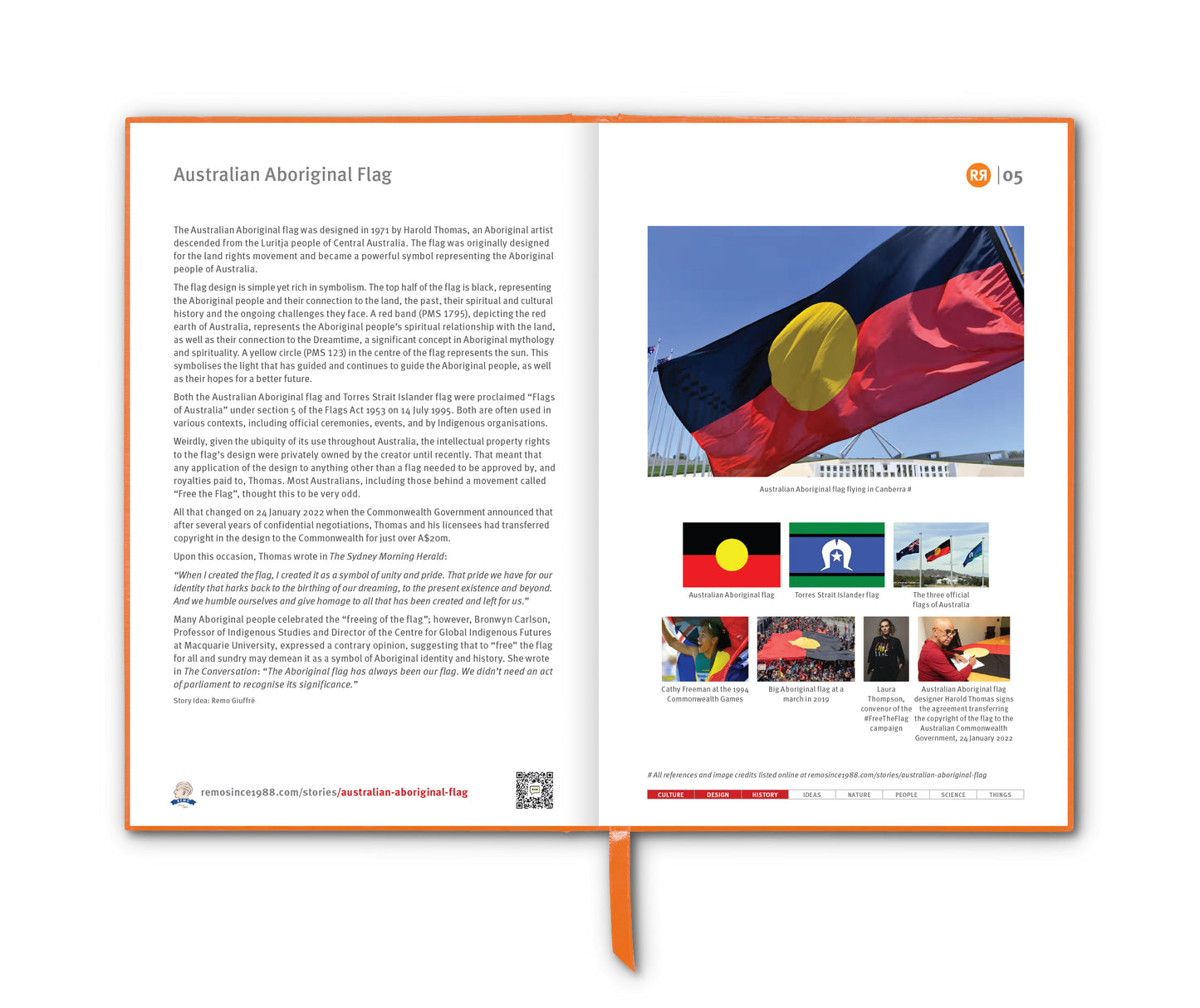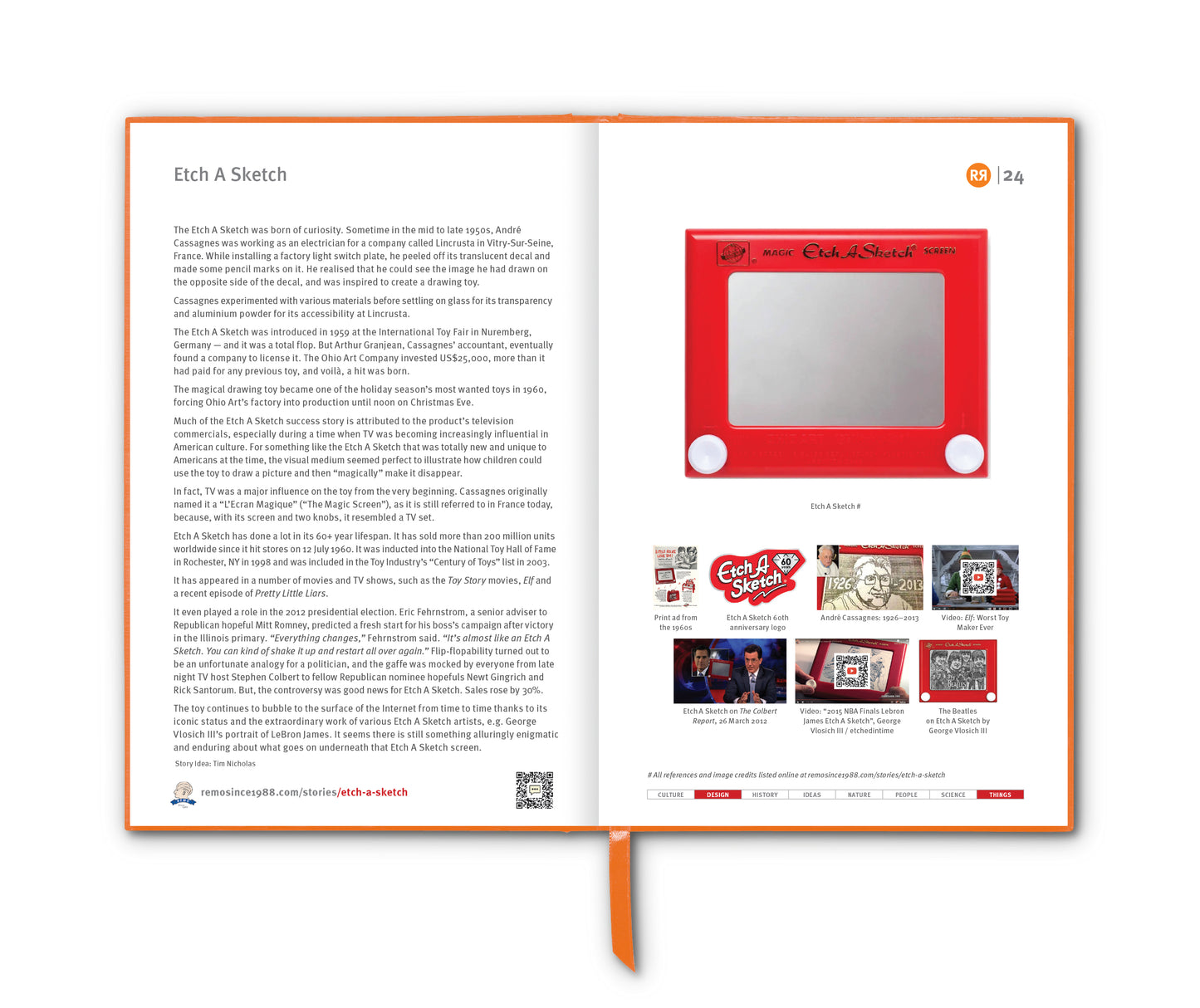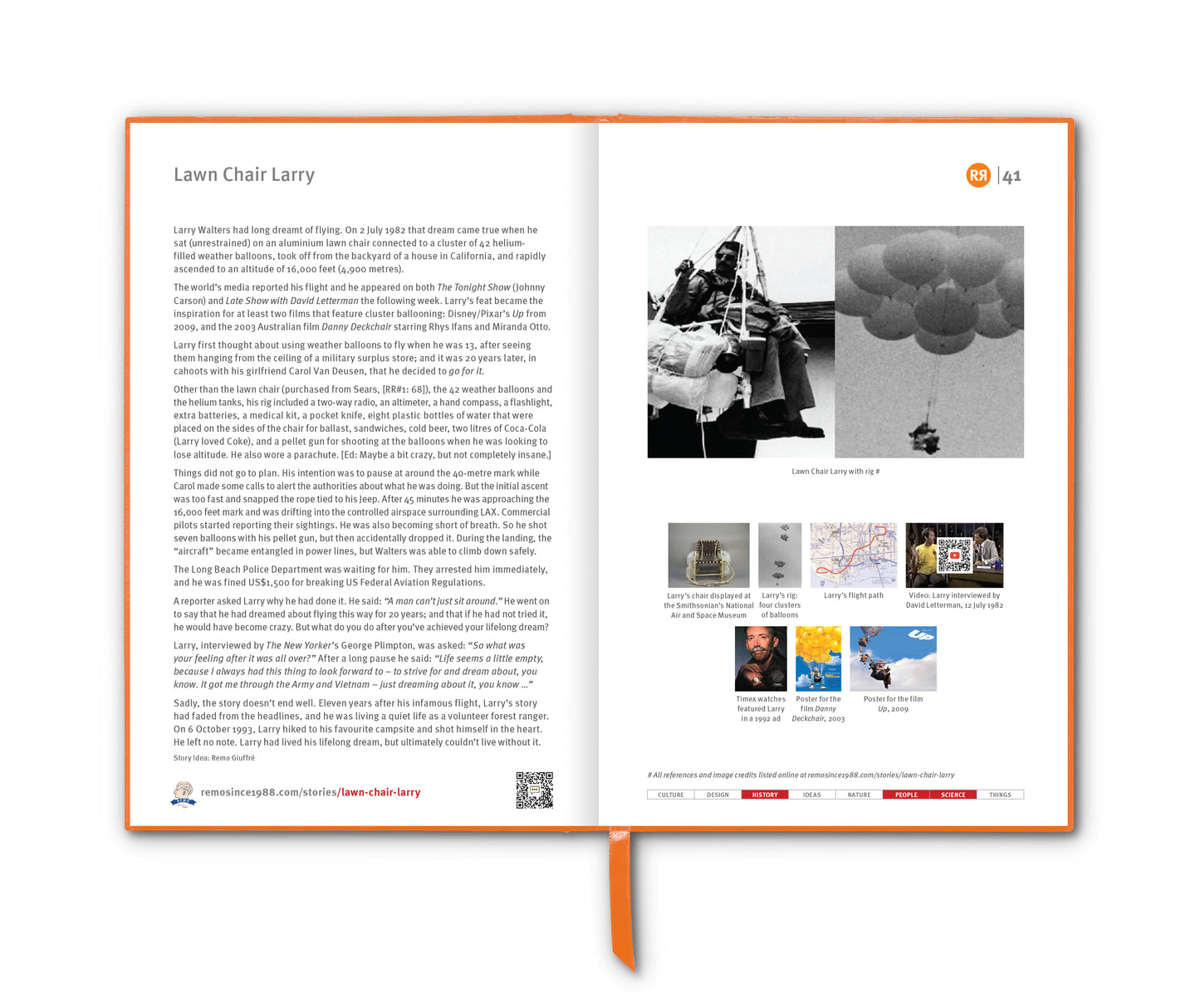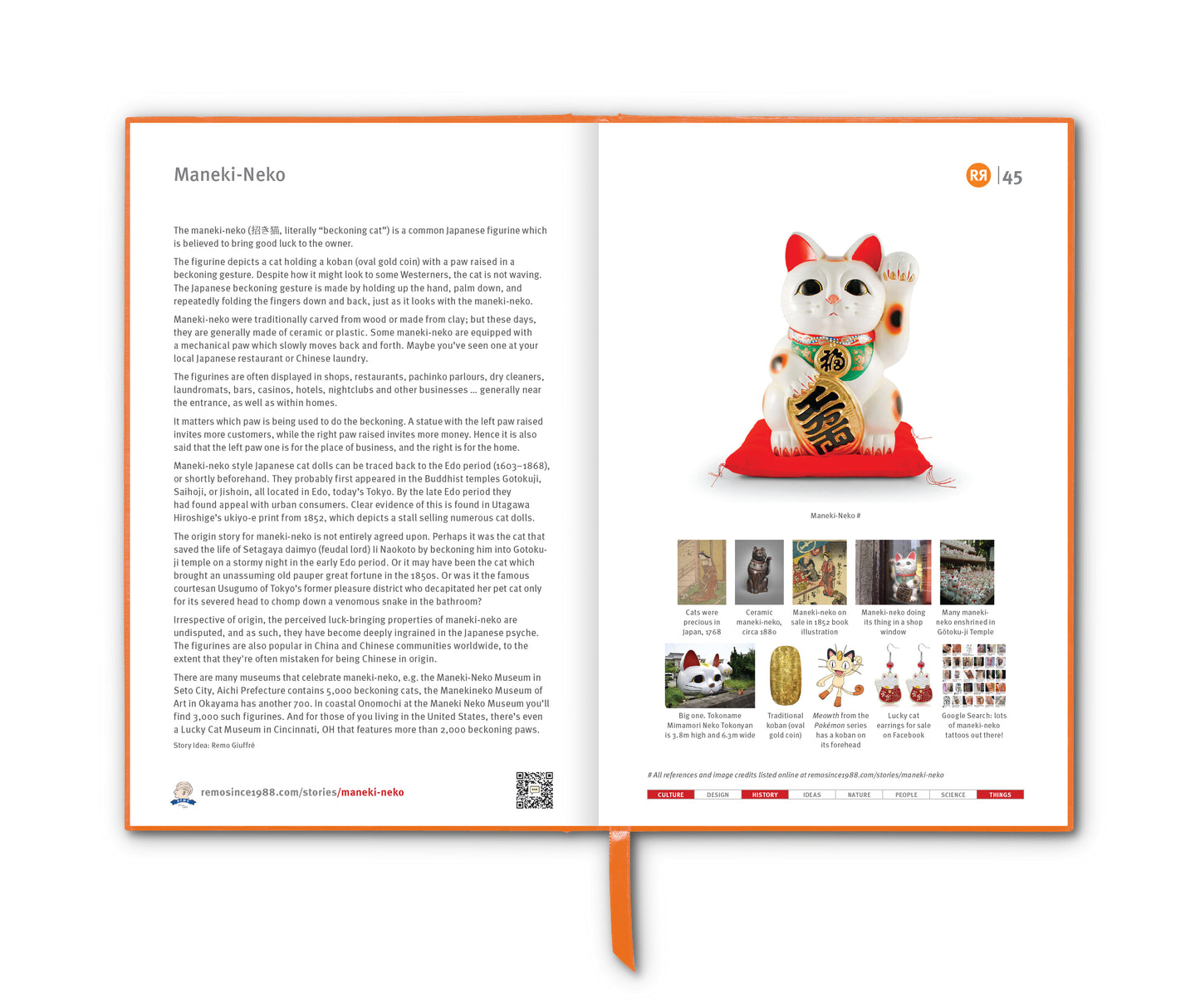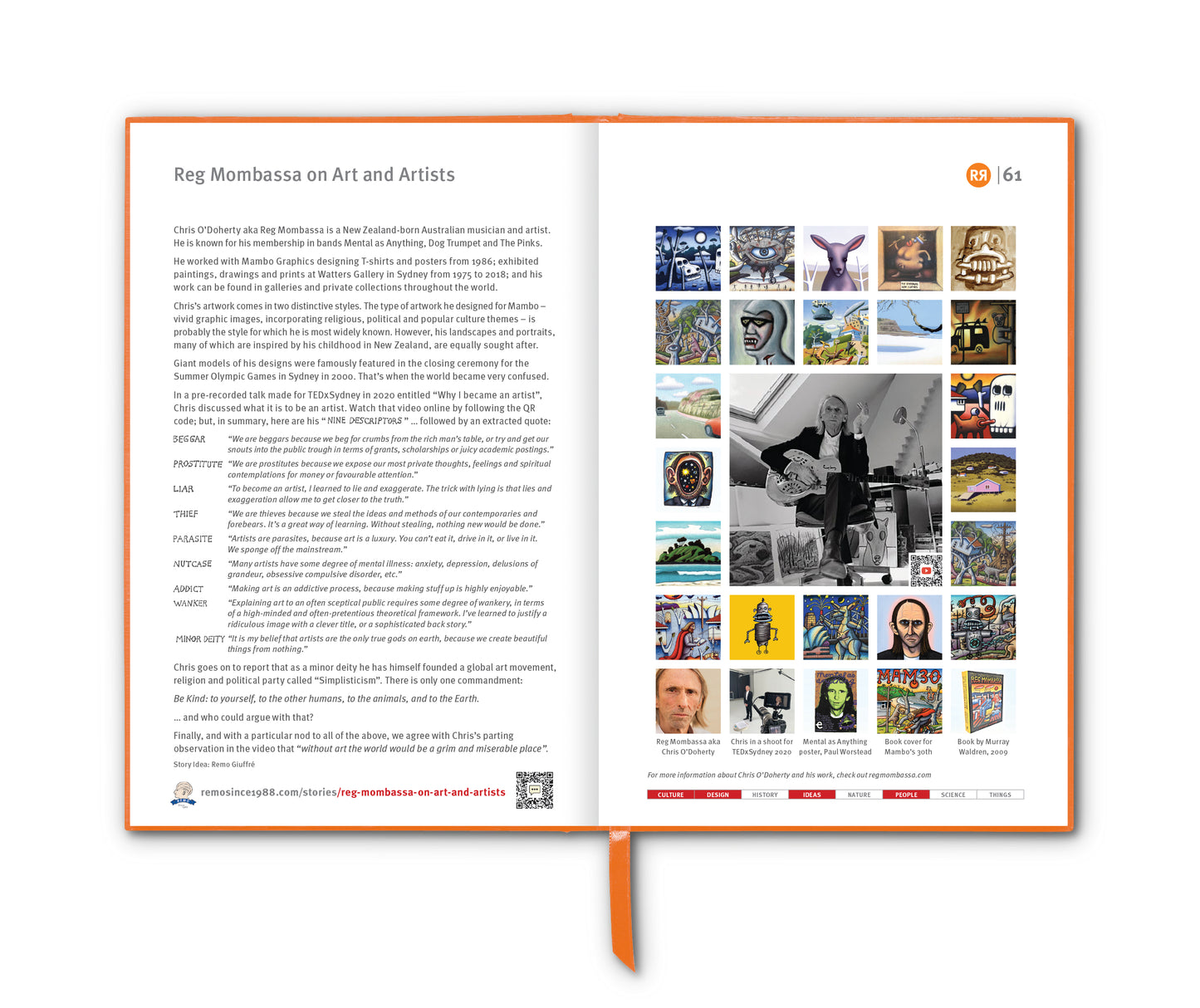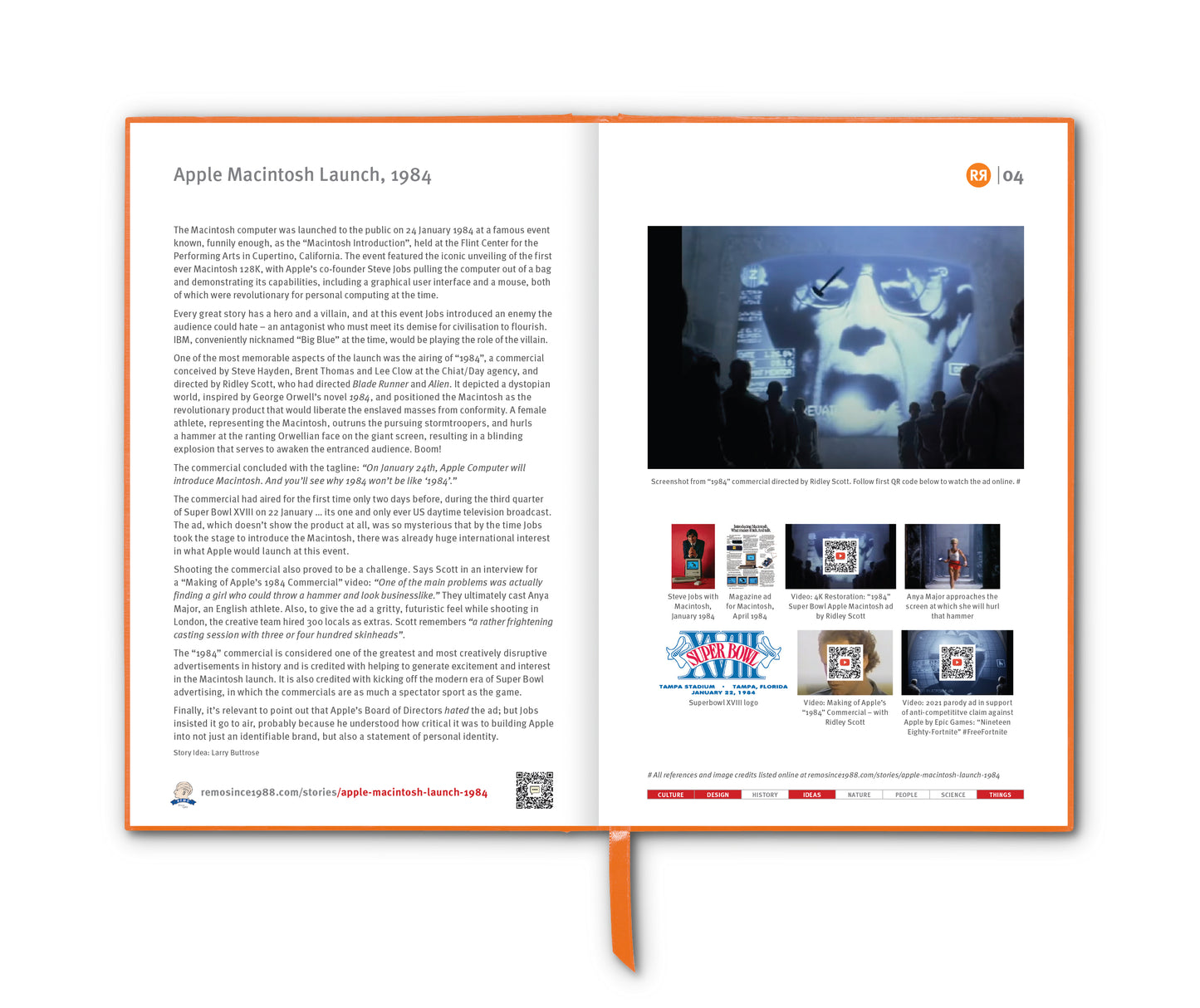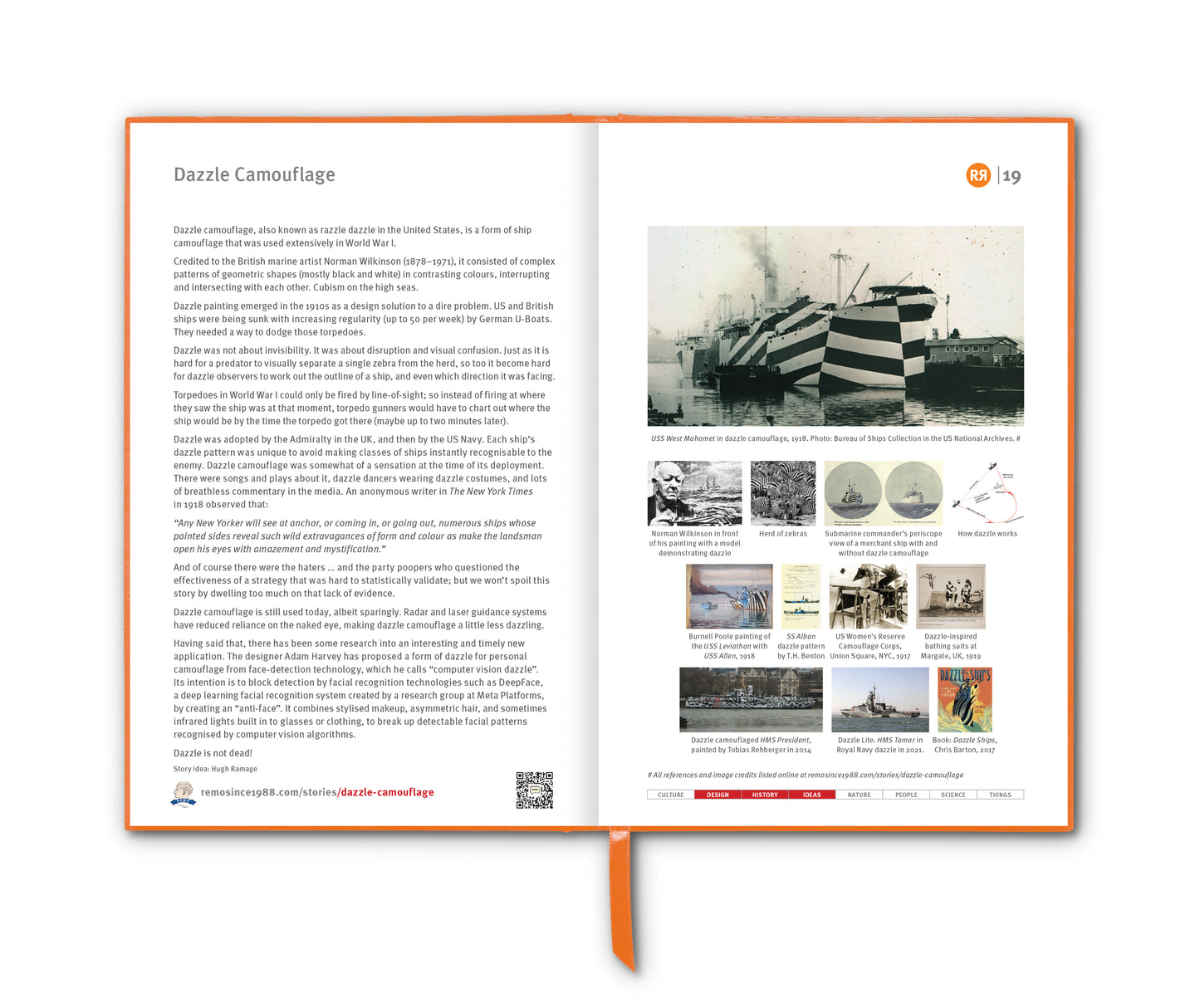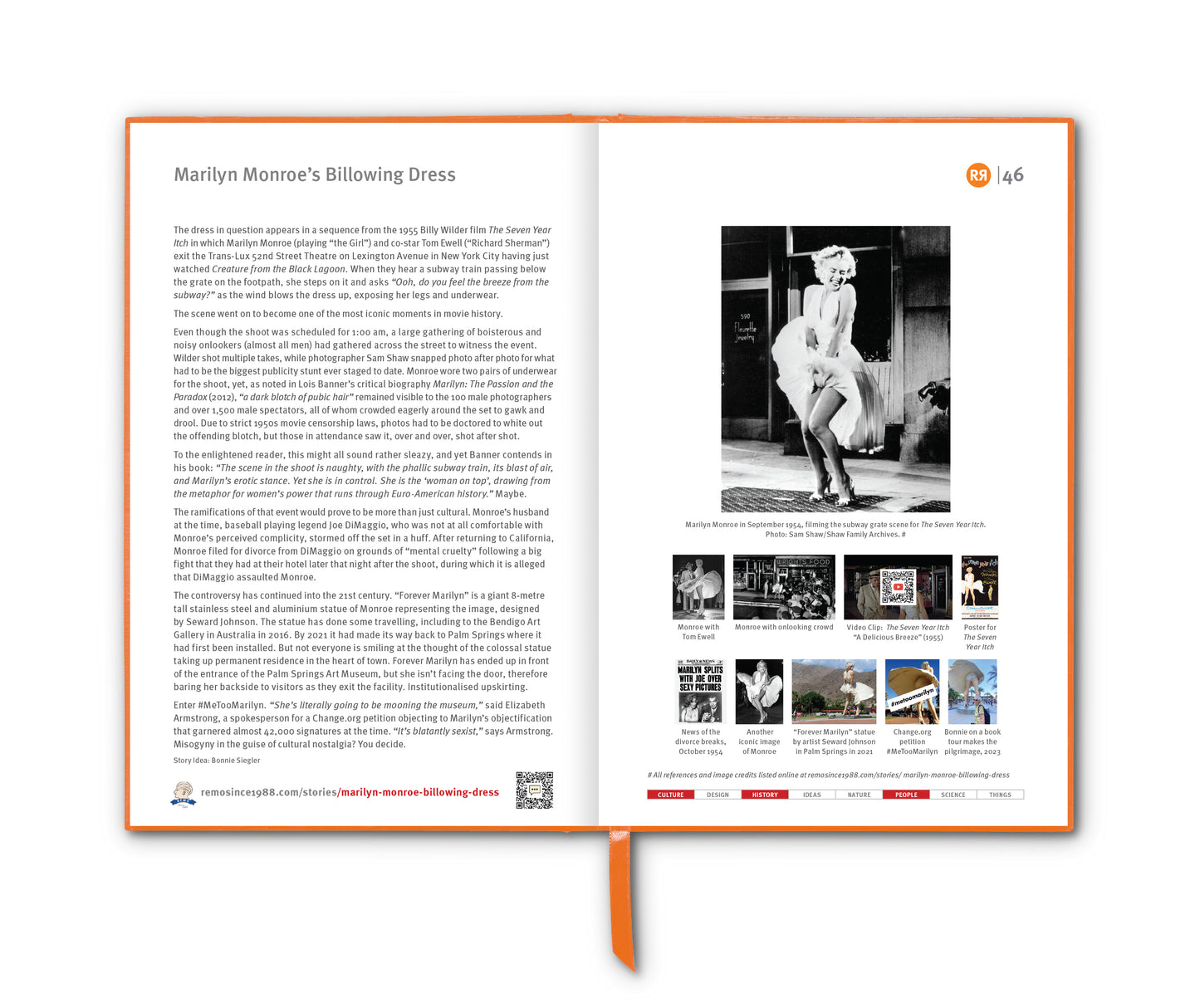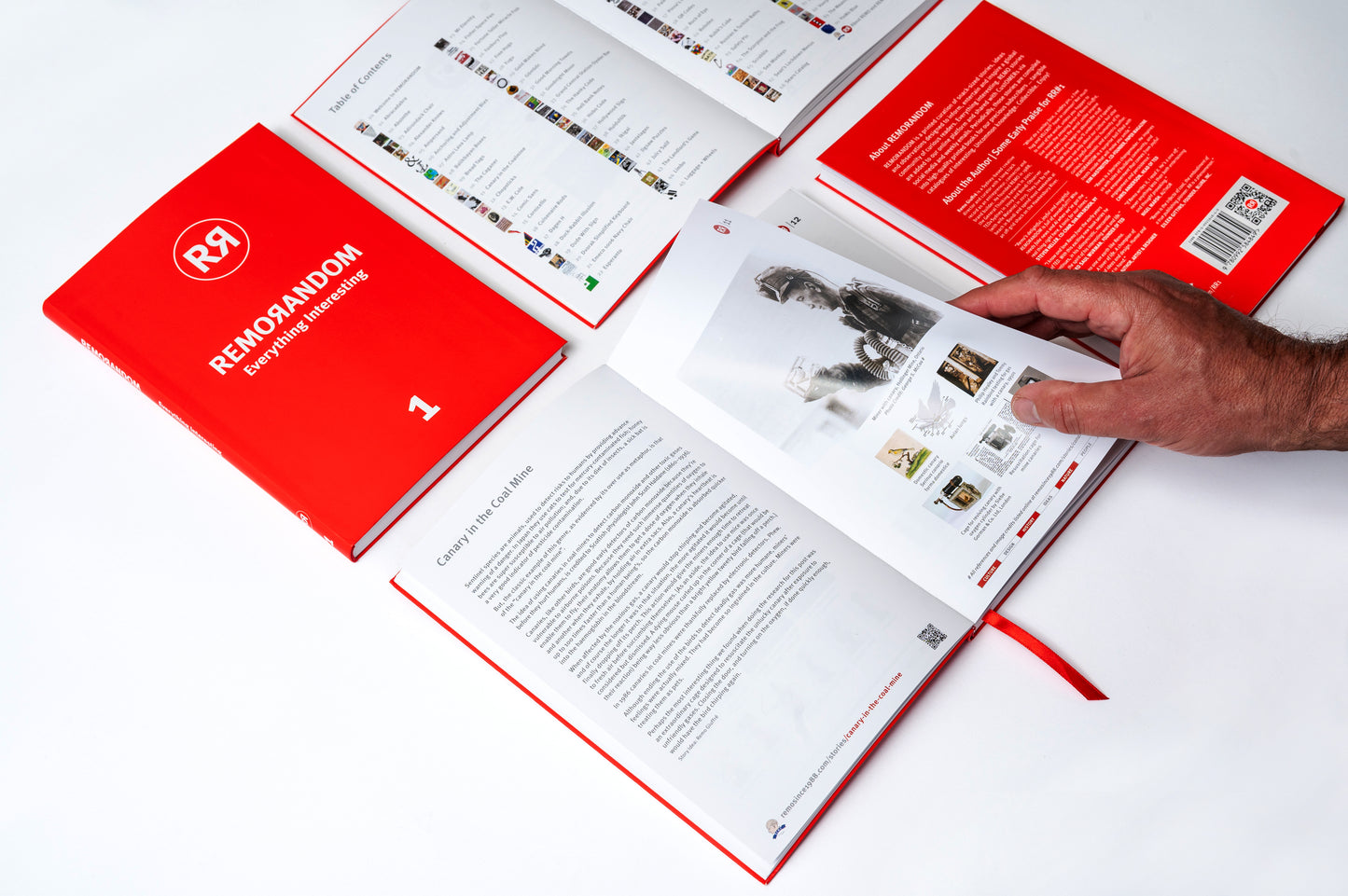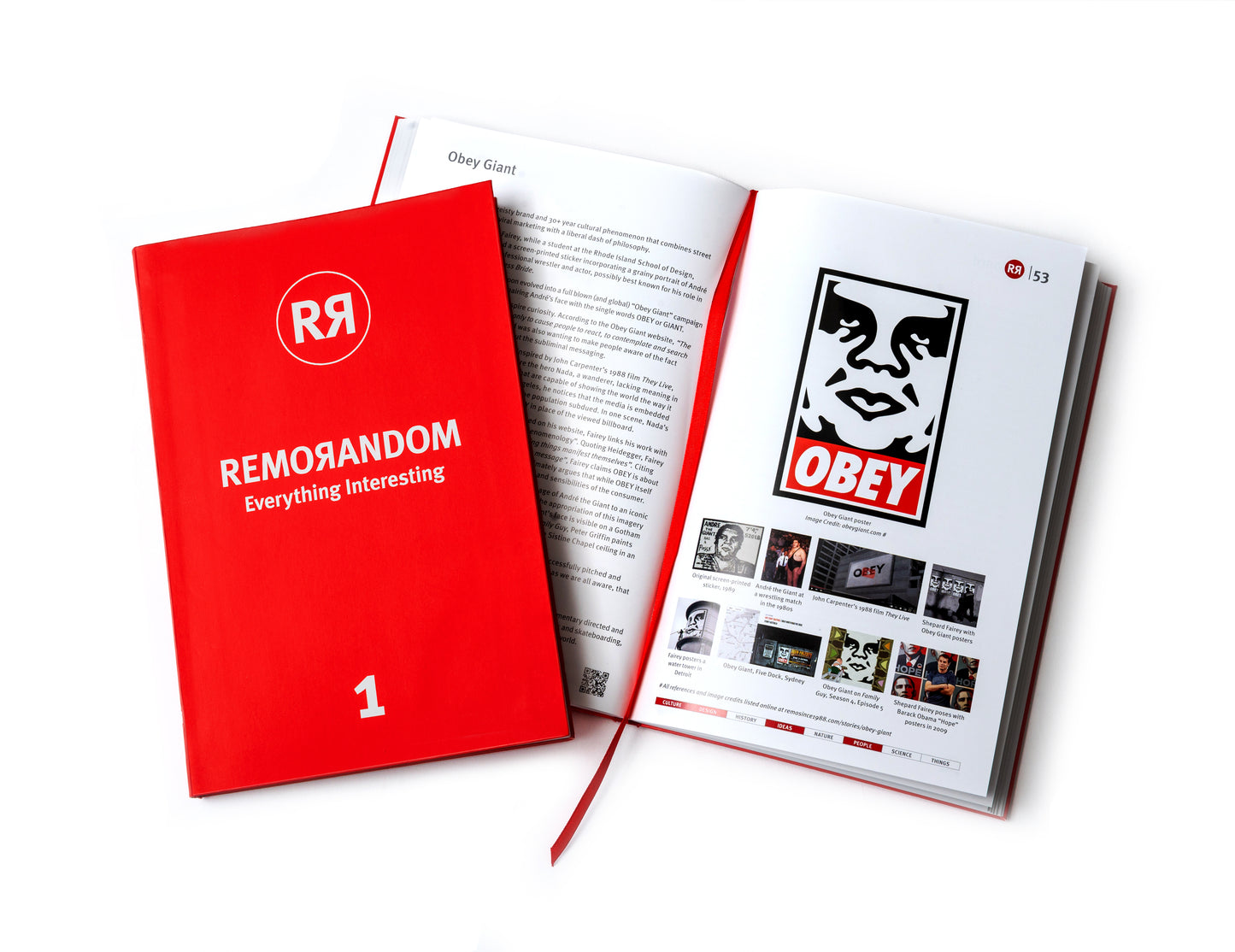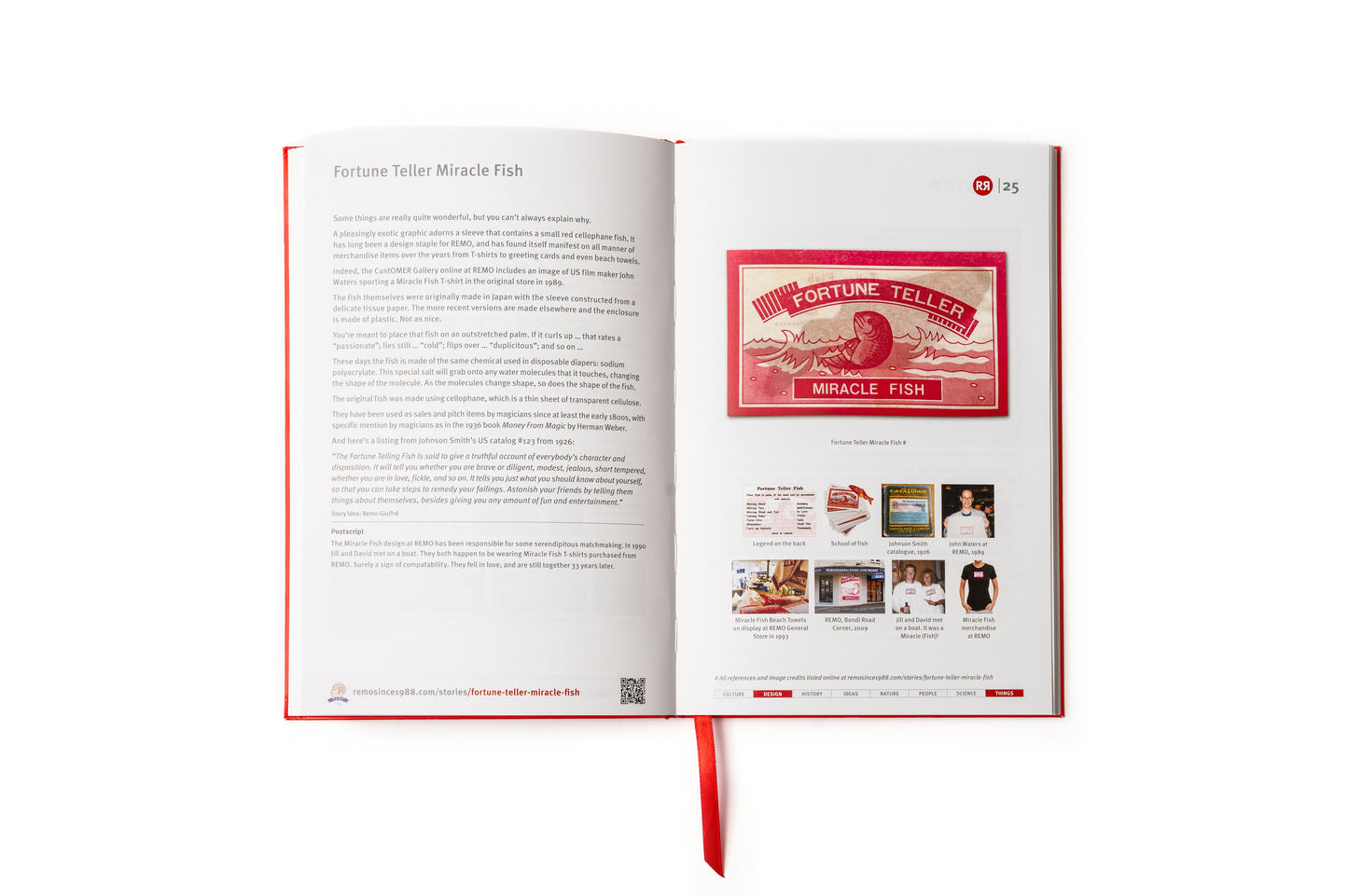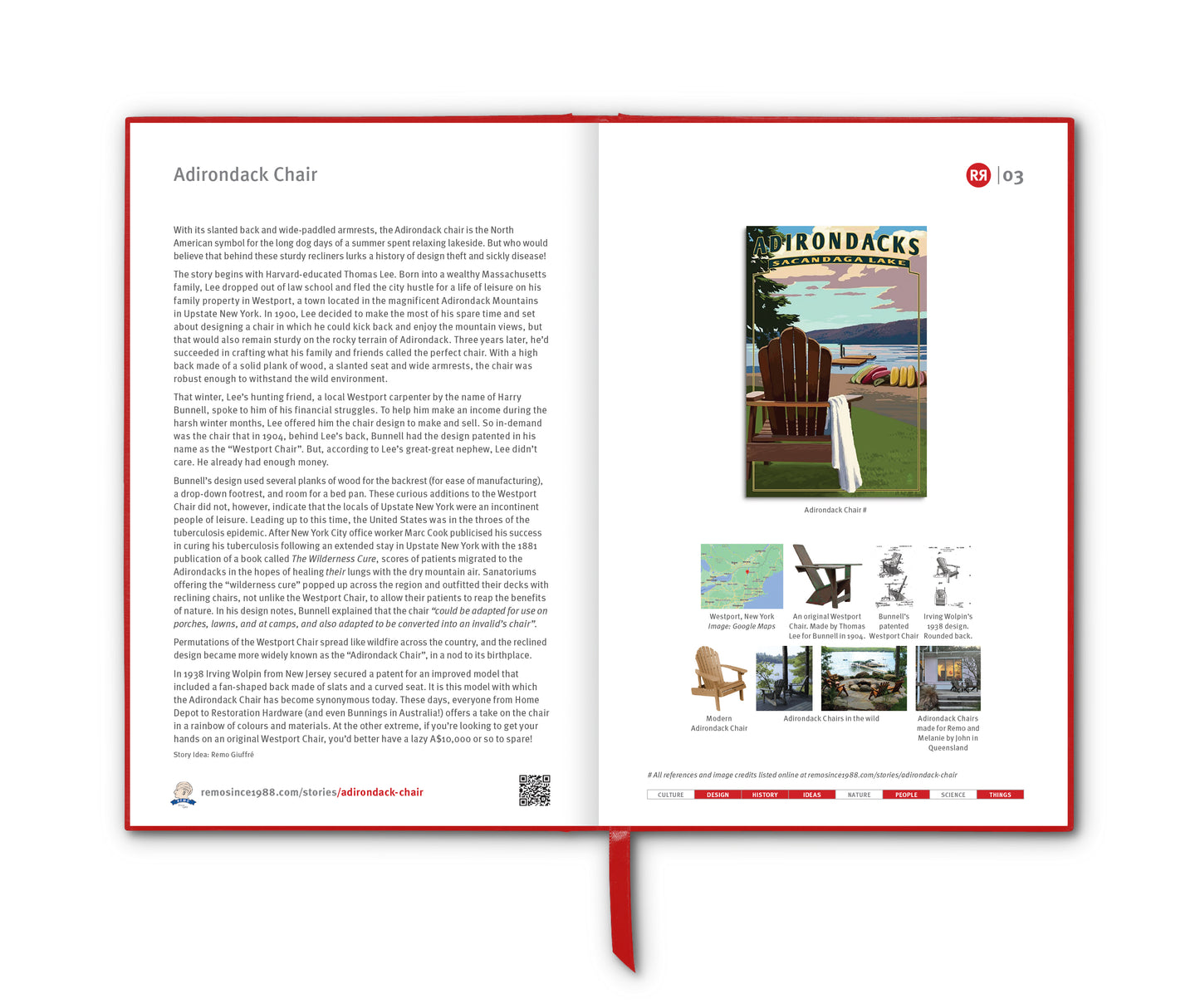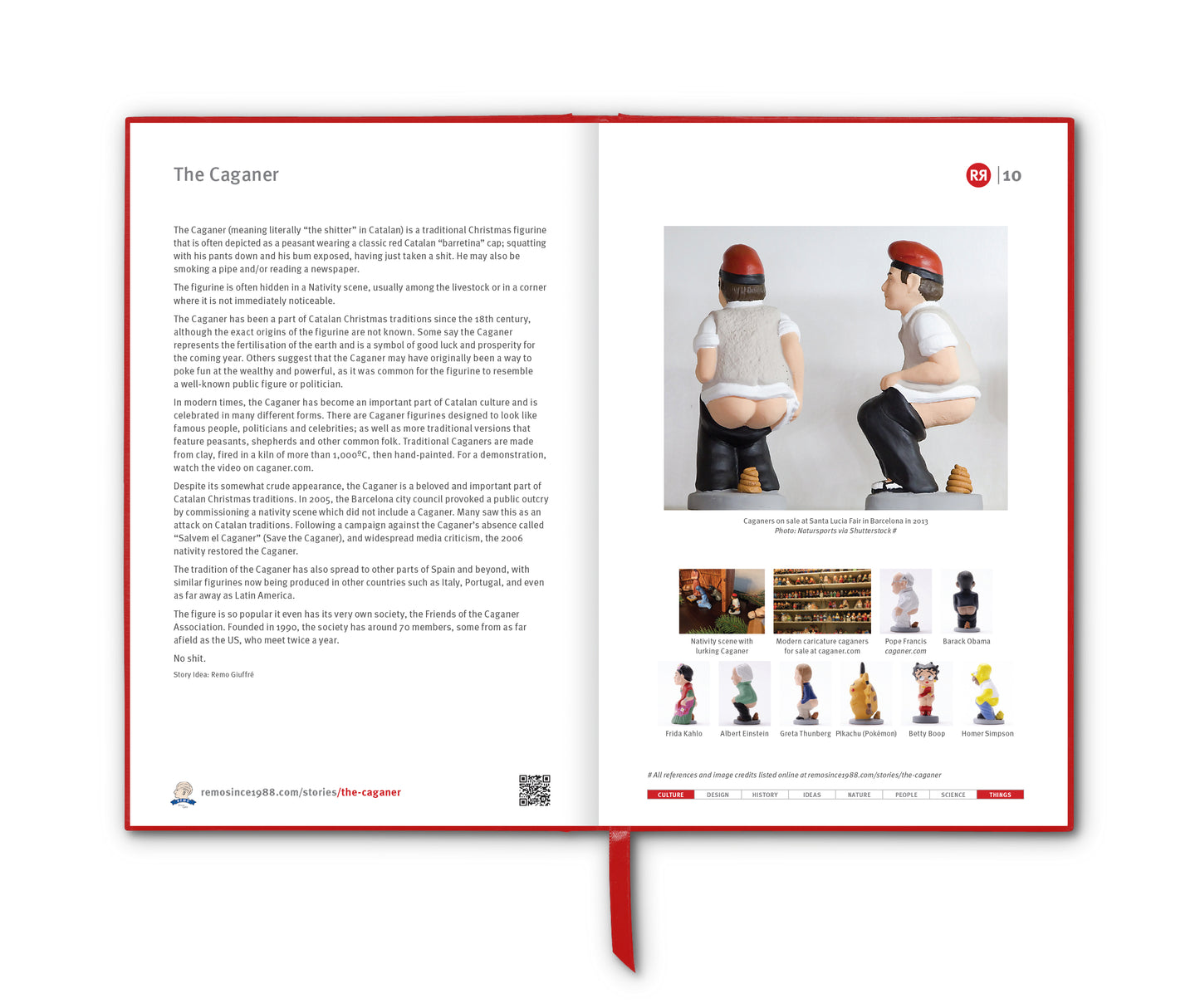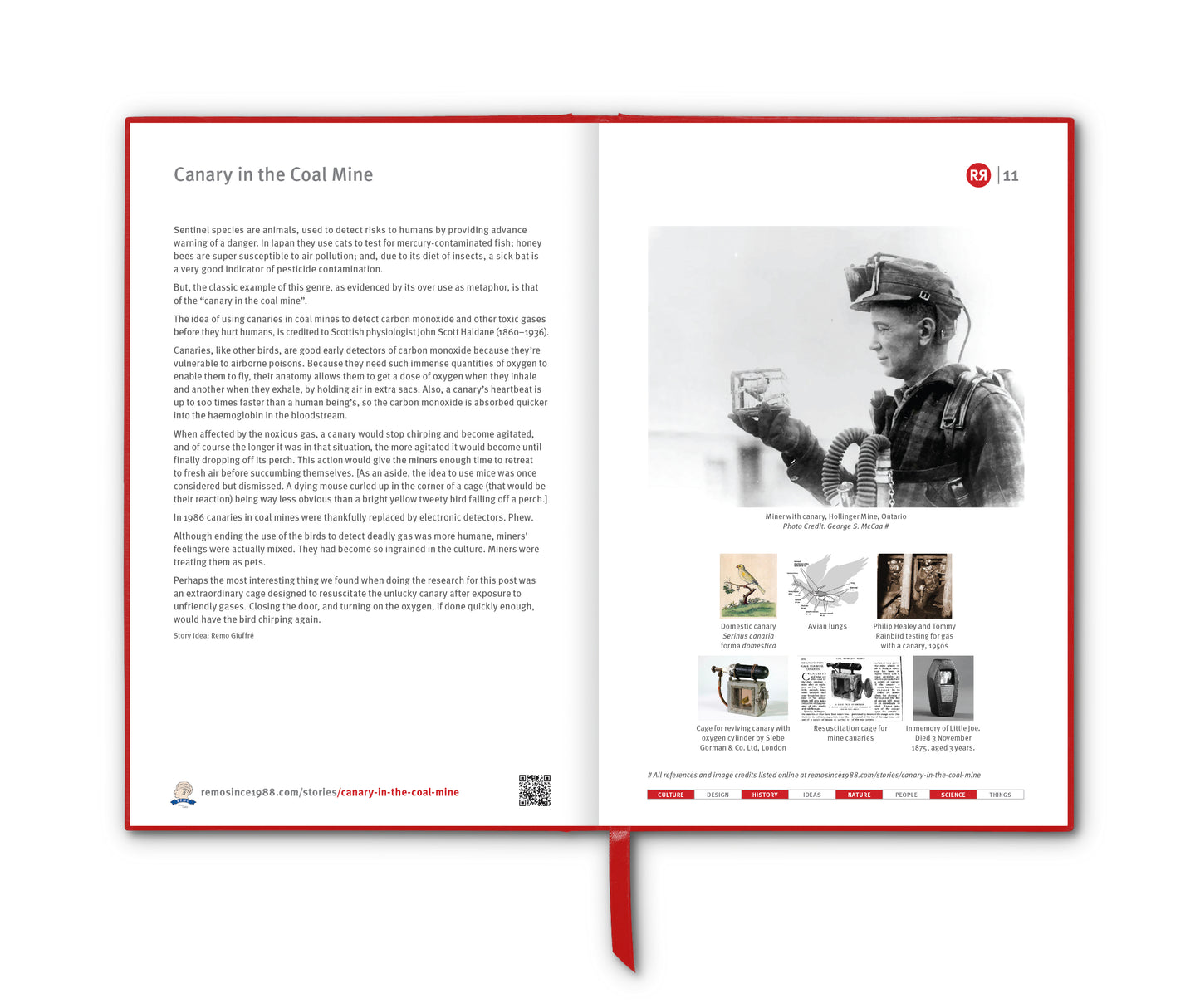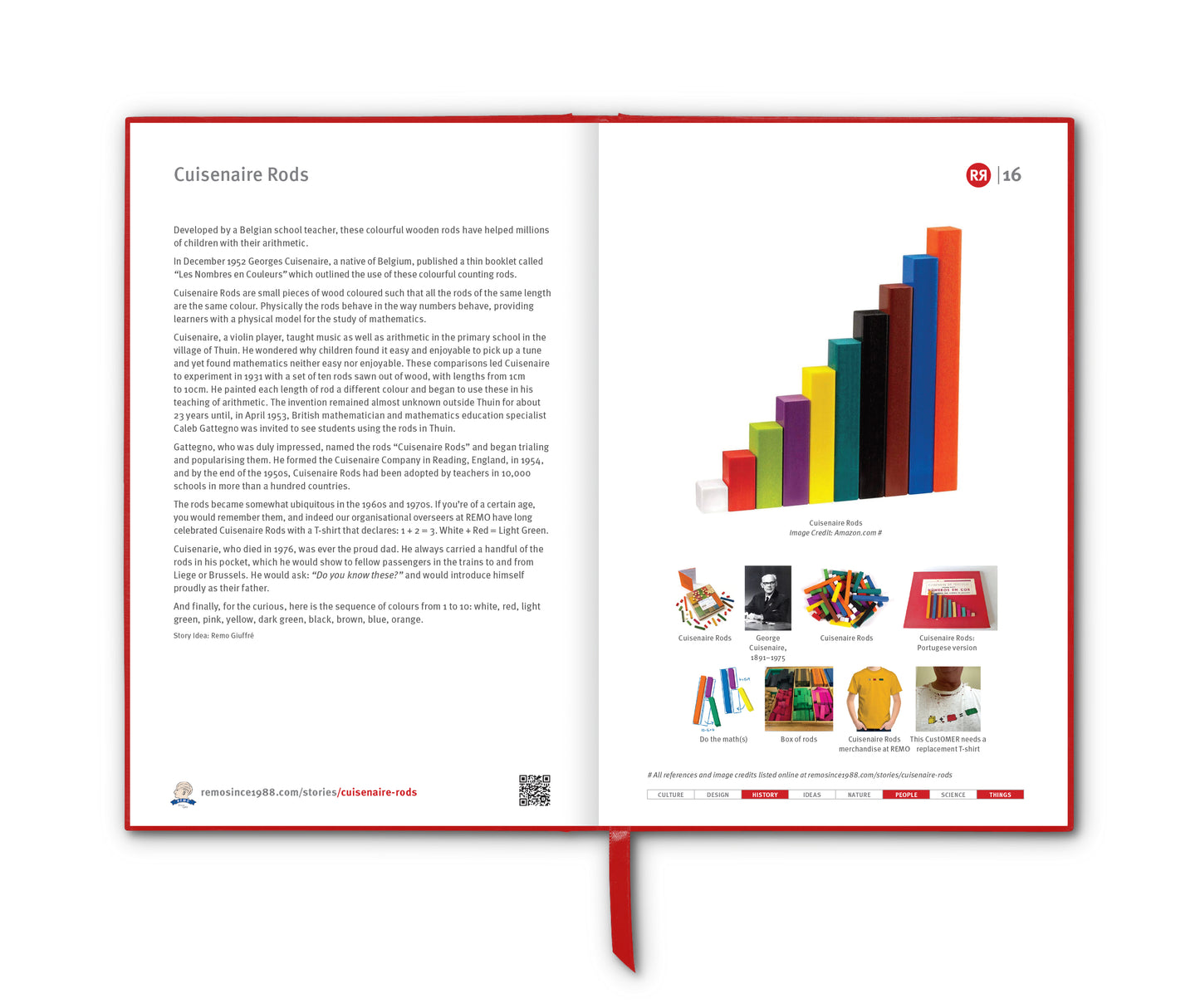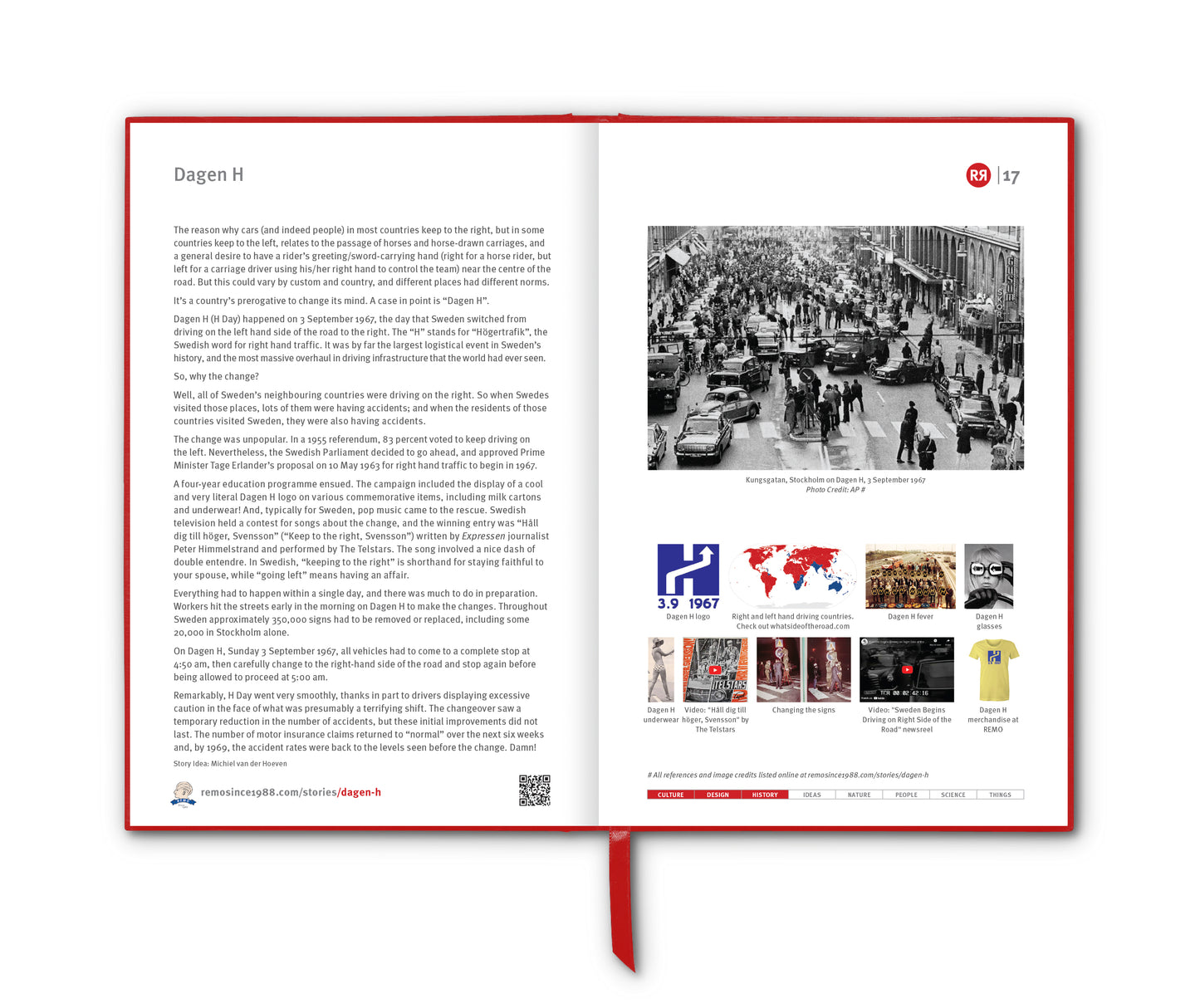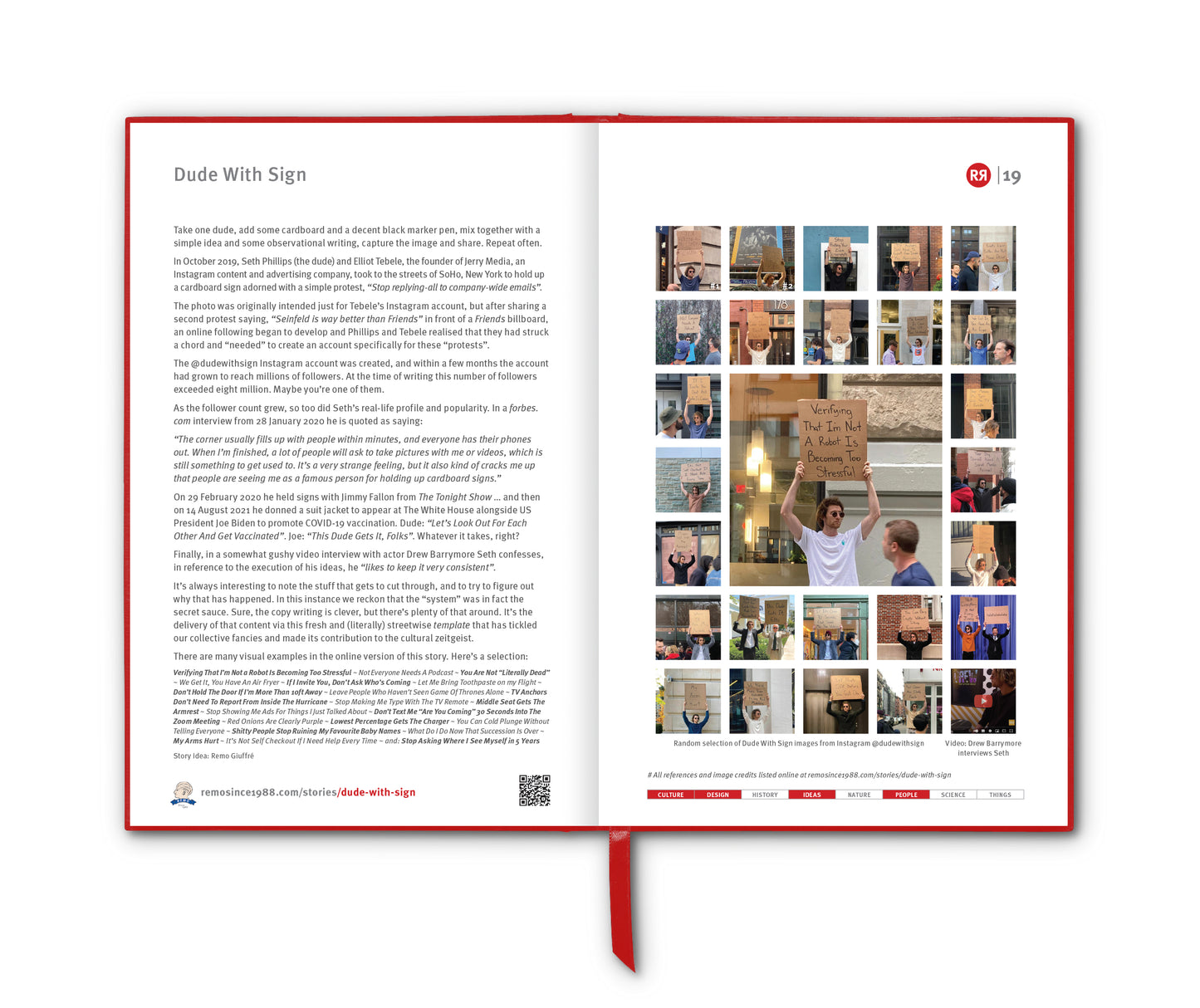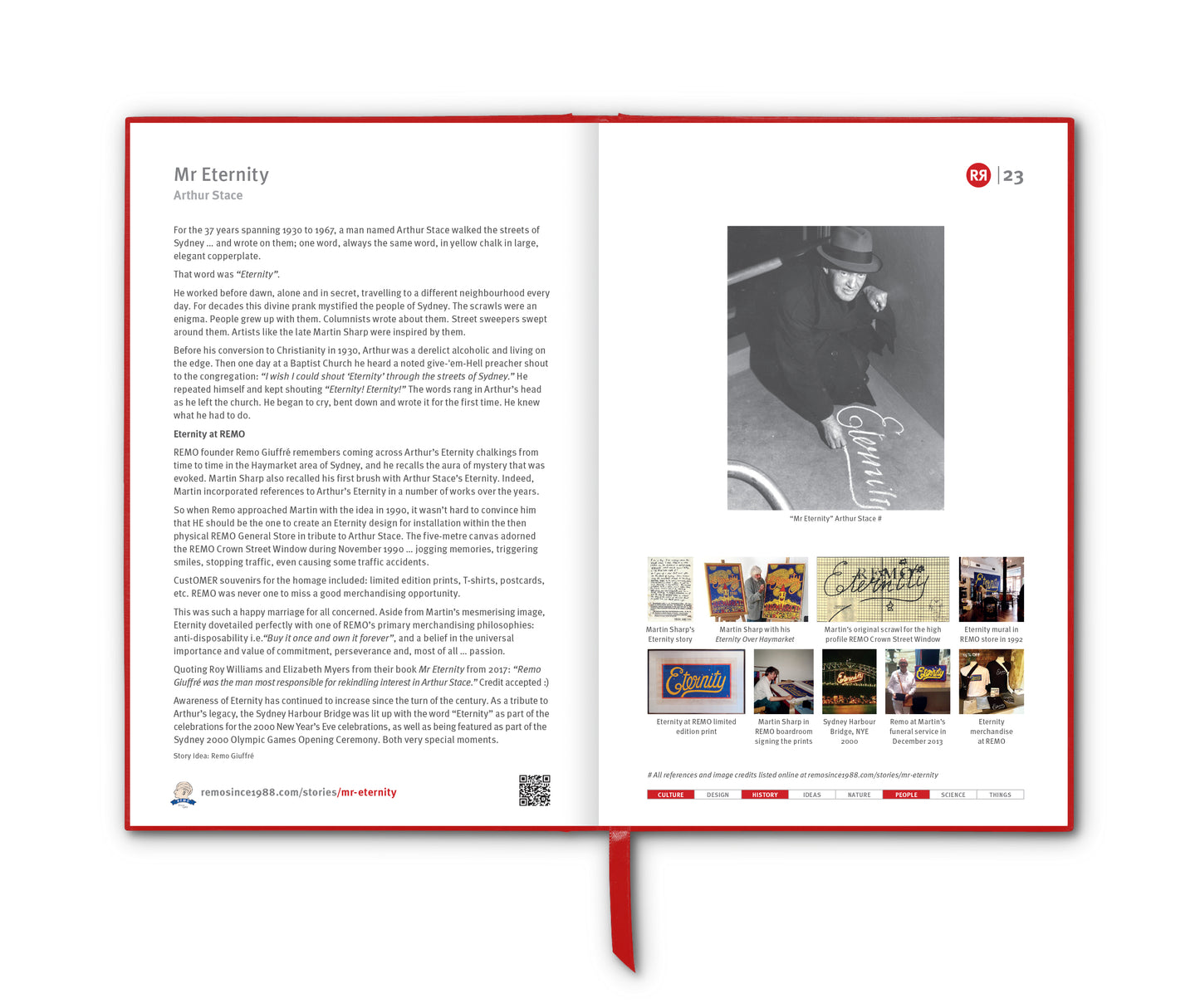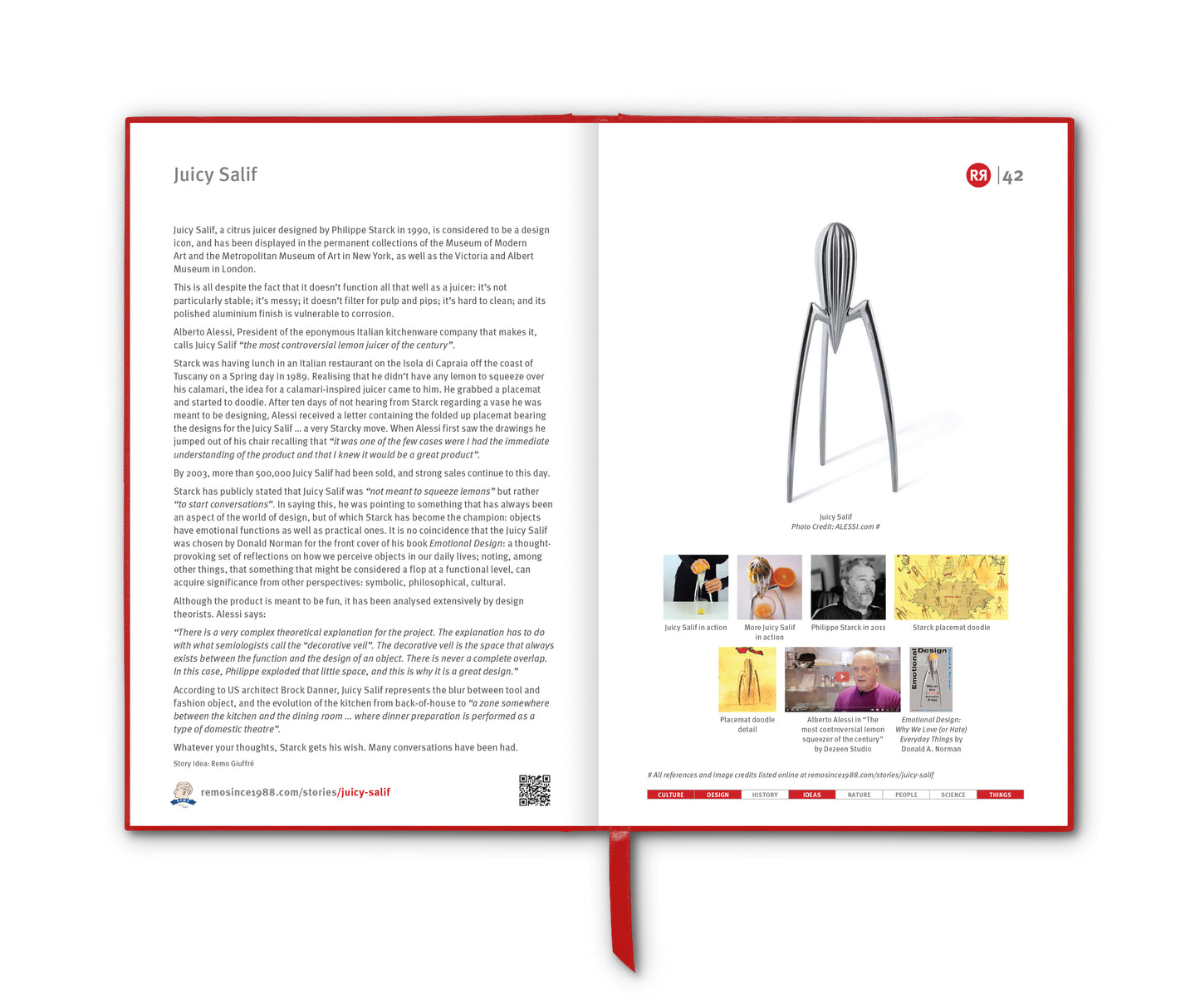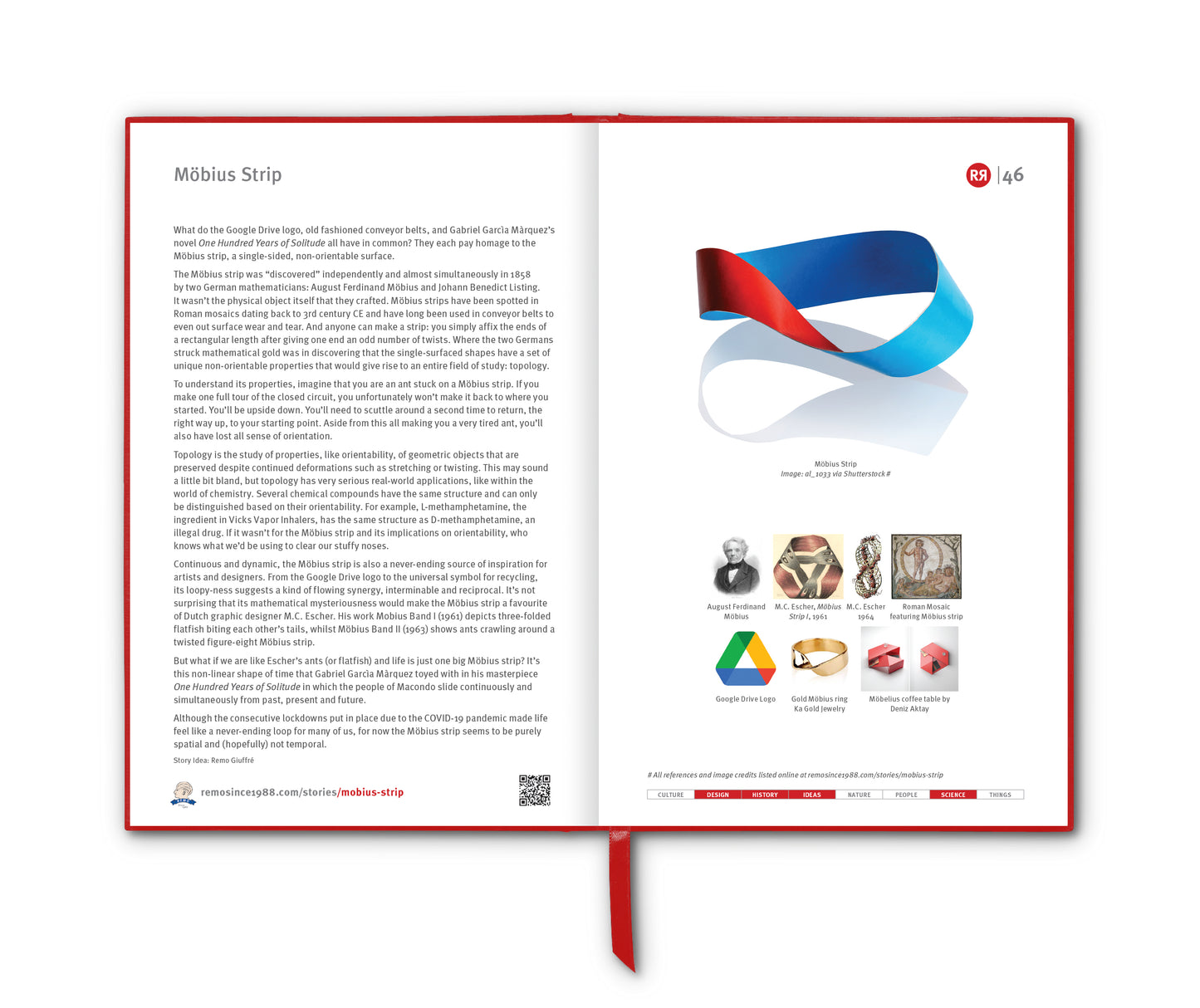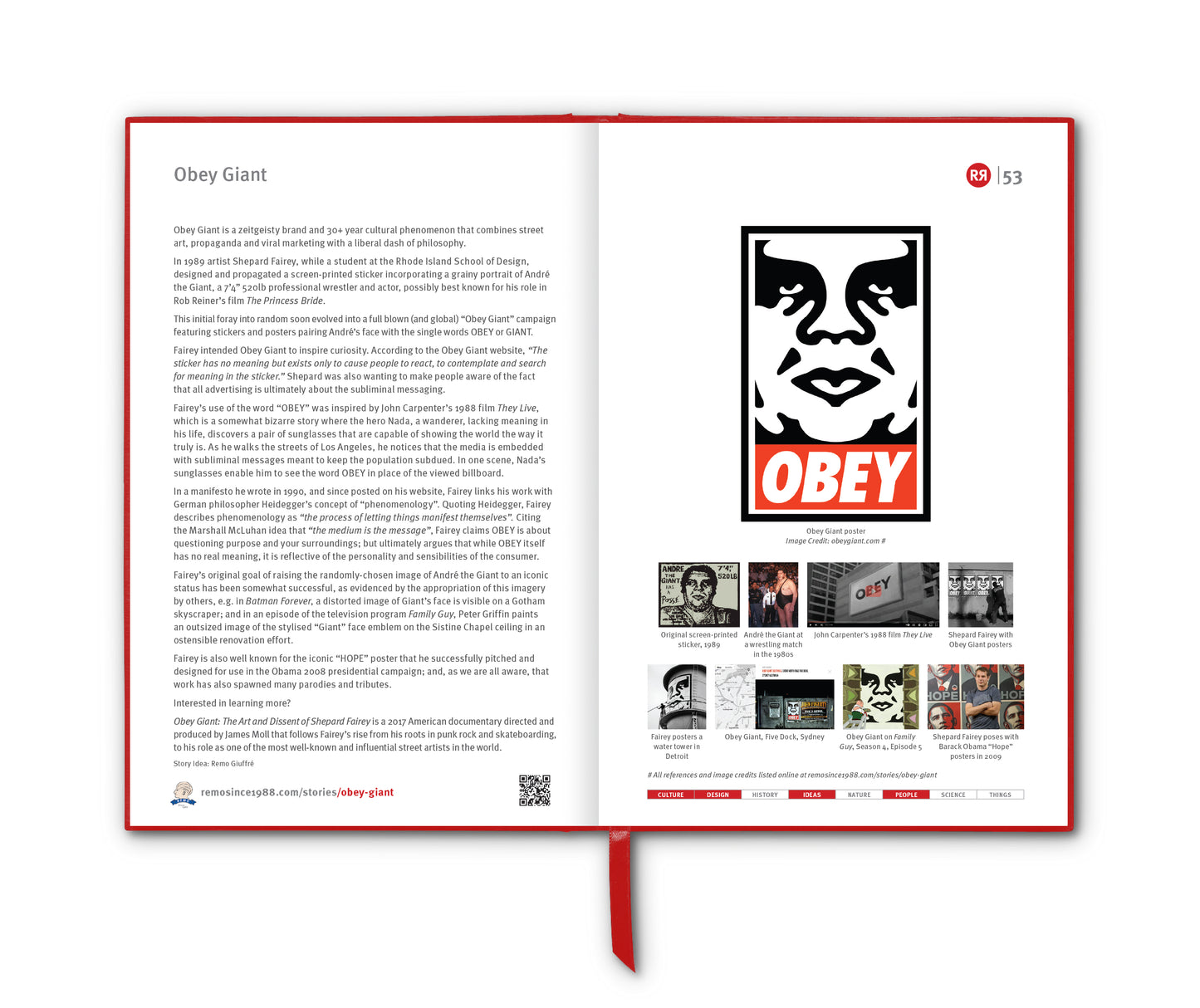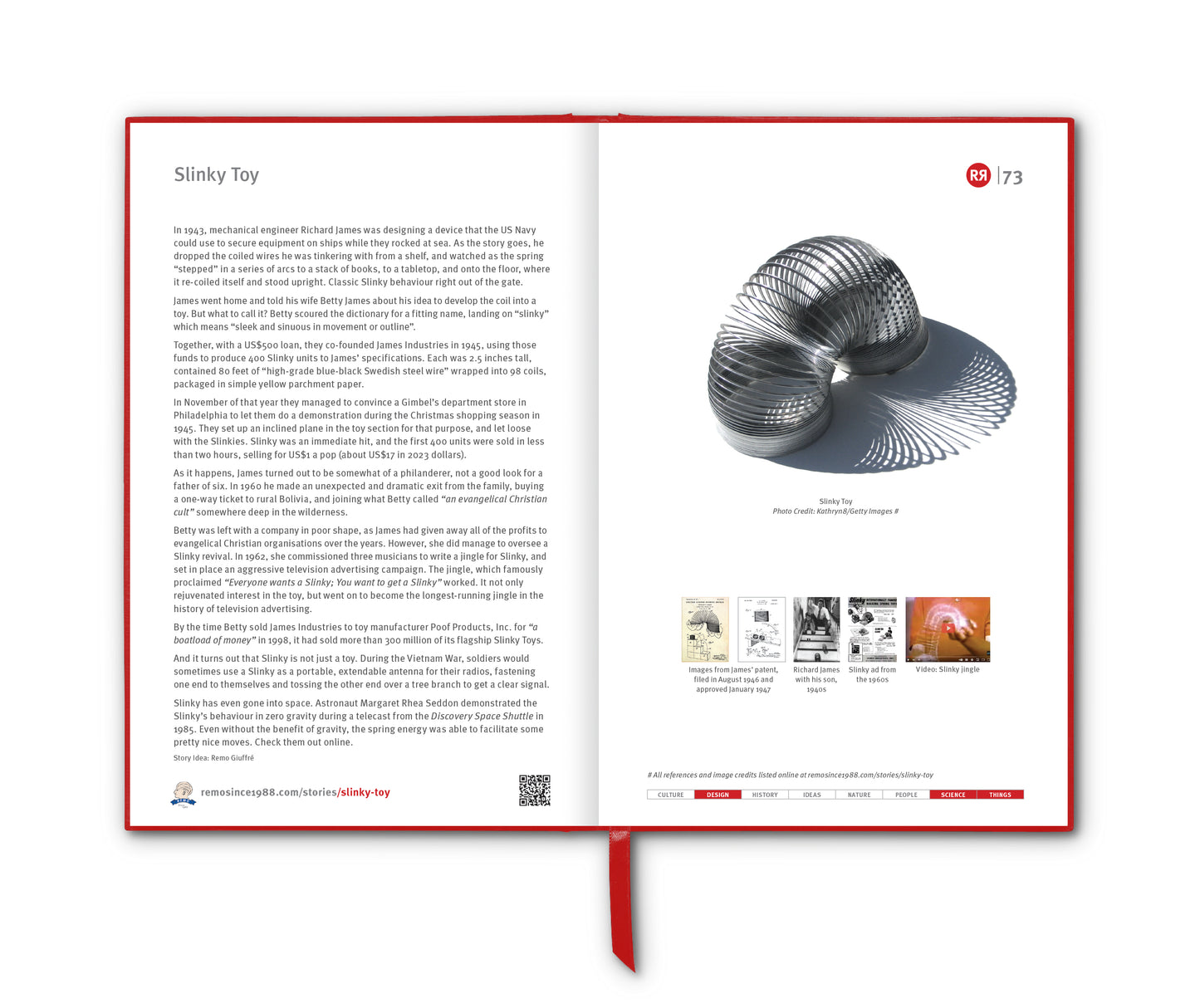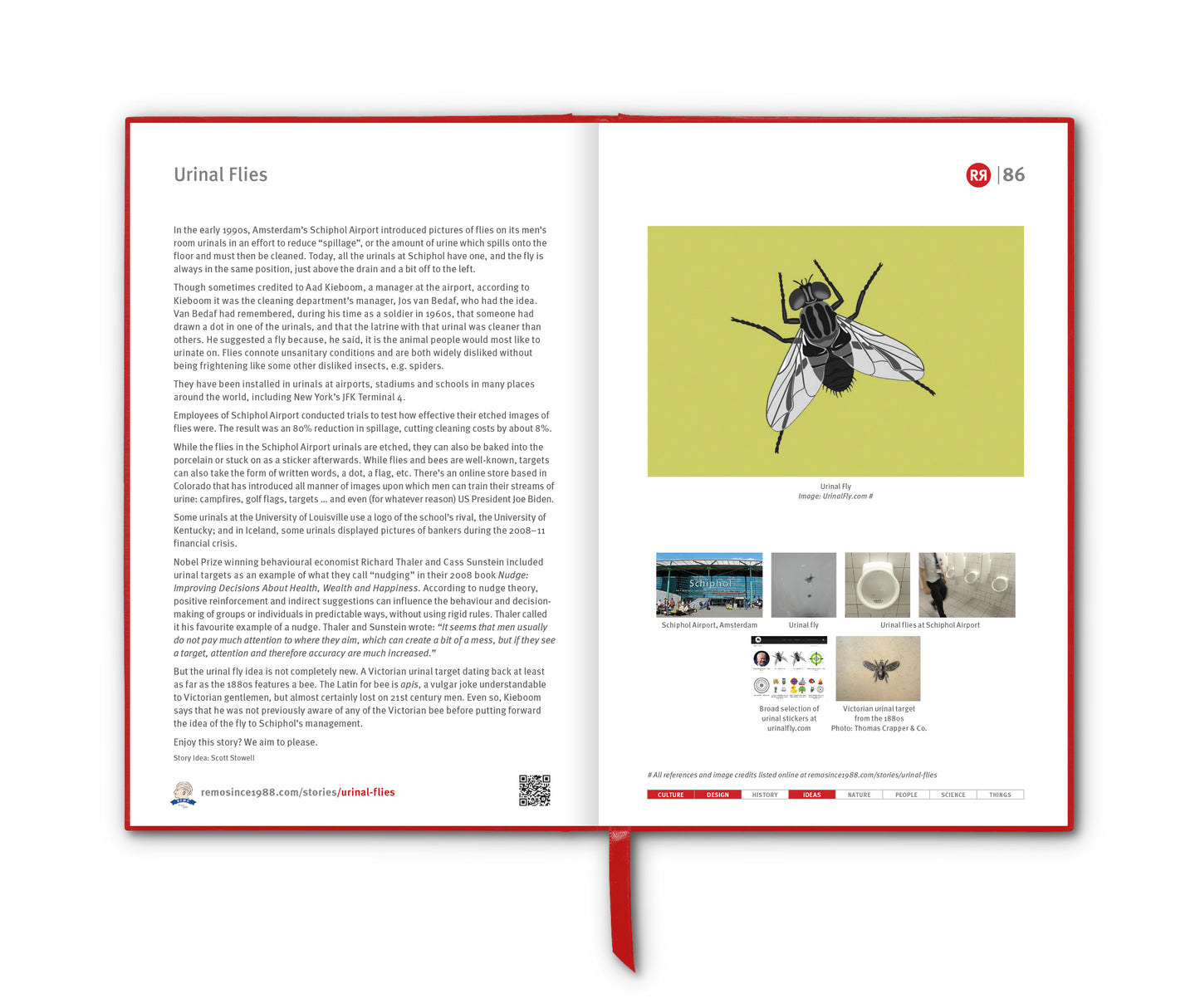There’s a day every year where there’s a very good chance that you’ll see some headlines or announcements that look somewhat suspicious or odd, and that day is 1 April … April Fools’ Day. But where do we get the strange custom of playing pranks on 1 April? The short answer is that nobody knows for sure, and this ambiguity has in fact been long acknowledged.
“The first of April some do say, Was set apart for All Fools' Day: But why the people call it so, Nor I nor they themselves do know,” begins an article in the San Francisco Call from 1 April 1900, discussing the history and customs of "April Fools' Day”.
Some have proposed that the modern custom originated in France, officially with the Edict of Roussillon (promulgated in August 1564), in which Charles IX decreed that the new year would no longer begin on Easter, as had been common throughout Christendom, but rather on 1 January. Because Easter was a lunar and therefore moveable date, those conservatives who clung to the old ways were referred to as the “April Fools”.
There are variations between countries in the celebration of April Fools’ Day, but all have in common an excuse to make someone play the fool.
In Ireland, it was traditional to entrust the victim with an "important letter" to be given to a named person. That person would read the letter, then ask the victim to take it to someone else, and so on. The letter when opened contained the words "send the fool further”.
In France the fooled person is called poisson d’avril (“April fish”), perhaps in reference to a young fish and hence to one that is easily caught. On this day it is common for French children to pin a paper fish to the backs of unsuspecting friends.
The timing of the prank is relevant. In many countries, a person playing a prank after midday is considered the "April fool" themselves.
Newspapers and the other media throughout the world often participate with false headlines or news stories. In one famous prank in 1957, the BBC broadcast a film in their Panorama current affairs series purporting to show Swiss farmers picking freshly-grown spaghetti, in what they called the Swiss spaghetti harvest. The BBC was soon flooded with requests to purchase a spaghetti plant, forcing them to declare the film a hoax on the news the next day. Decades later CNN called this broadcast "the biggest hoax that any reputable news establishment ever pulled".
A few more examples:
The National Geographic announced via Twitter in 2016 that they would no longer be publishing photographs of naked animals.
In 1978, newspapers and radio stations were abuzz when Australian businessman and adventurer Dick Smith towed what appeared to be an iceberg into Sydney Harbour. He said that he'd towed it from Antarctica to solve Sydney's water shortage.
In 1996, US food chain Taco Bell took out a full-page advertisement in seven major newspapers announcing that they had purchased the Liberty Bell to "reduce the country's debt" and renamed it the "Taco Liberty Bell".
When genuine news is reported on April Fools' Day, there is risk of course that it will be misinterpreted as a joke and ignored. The lesson there is try not to be born or to die on the first day of April, if you can possibly avoid it.
___________________
References
wikipedia.org/wiki/April_Fools_Day
dictionary.com/e/fool
folklife/2016/03/april-fools
Images
1. Colourised still from a 1957 BBC Panorama April fools' day story purports to show Swiss farmers picking freshly-grown spaghetti
2. 1857 ticket to "Washing the Lions" at the Tower of London
3. Puck: “Trying to make an April fool of him” by Frederick Burr Opper, 1895
4. "Some ancient and honorable April Fool jokes", The Morning Times (Washington, DC), 28 March 1896
5. Poisson d’avril (“April fish”)
6. Abbott and Costello on April Fools' Day. Credit: Gene Lester/Getty Images
7. Video: BBC: "Spaghetti-Harvest in Ticino", 1957
8. Dick Smith's Iceberg in Sydney Harbour, 1978. Photo credit: Lost Sydney
9. An April fool prank in Denmark regarding Copenhagen's new subway


















